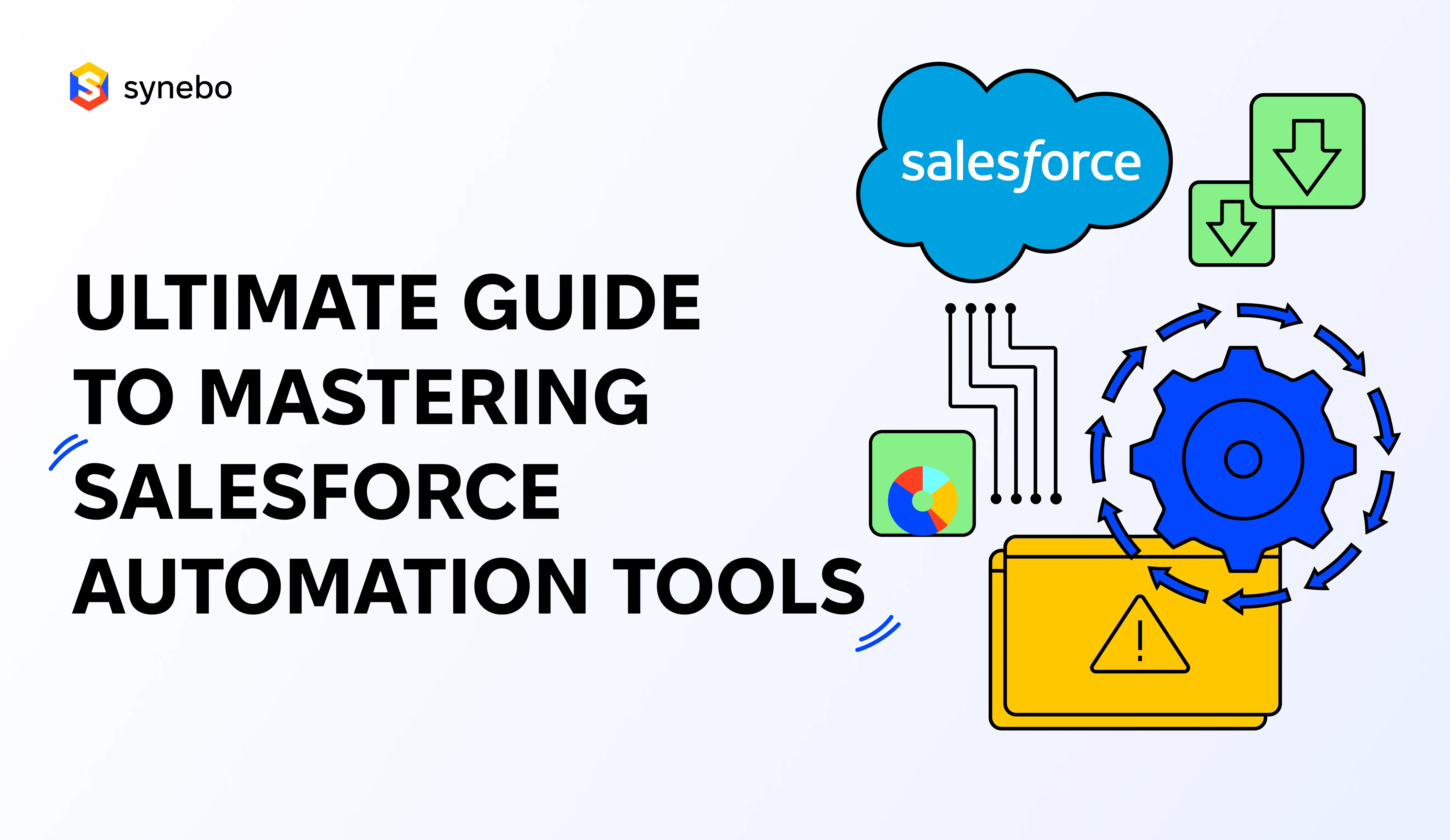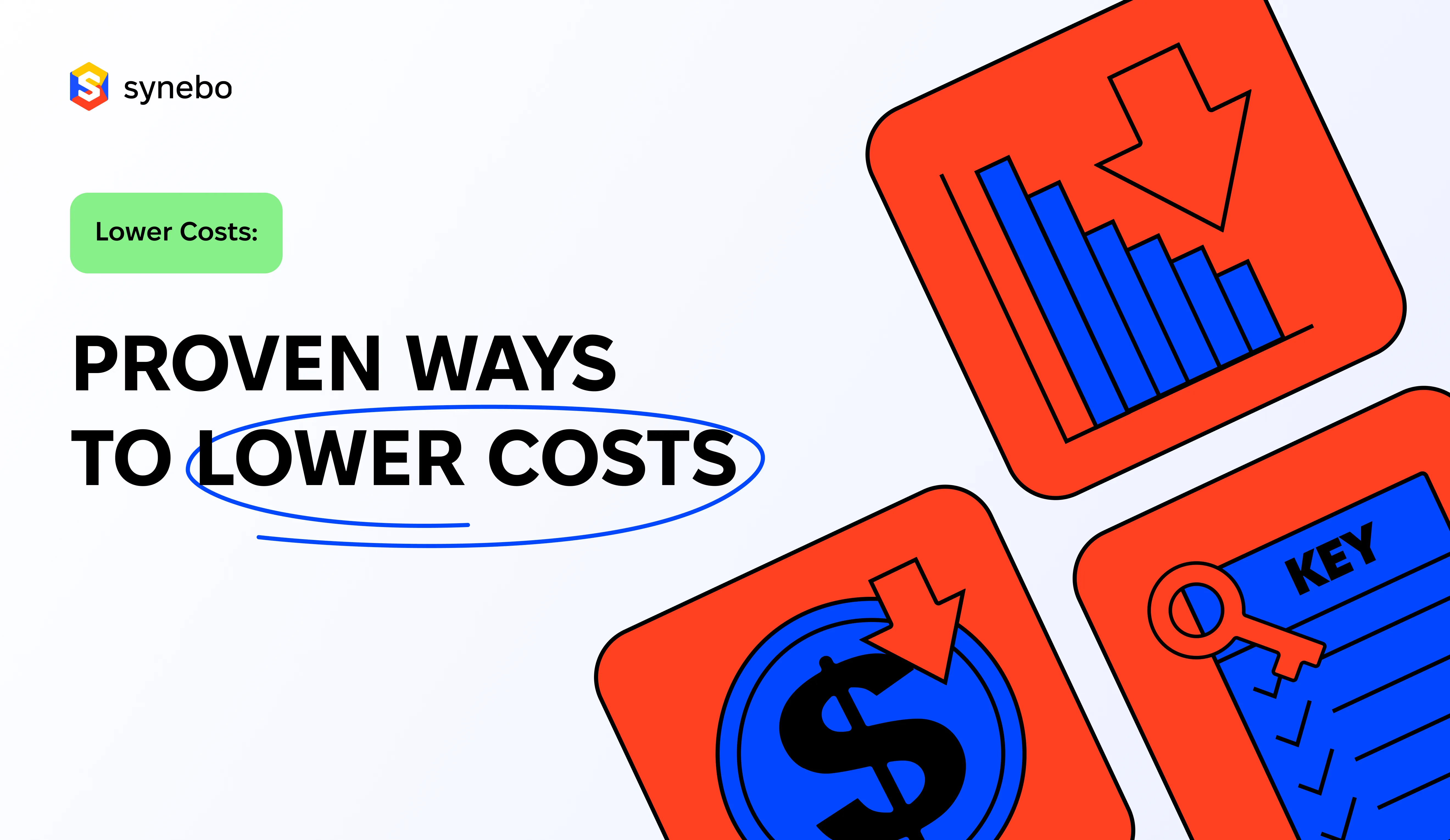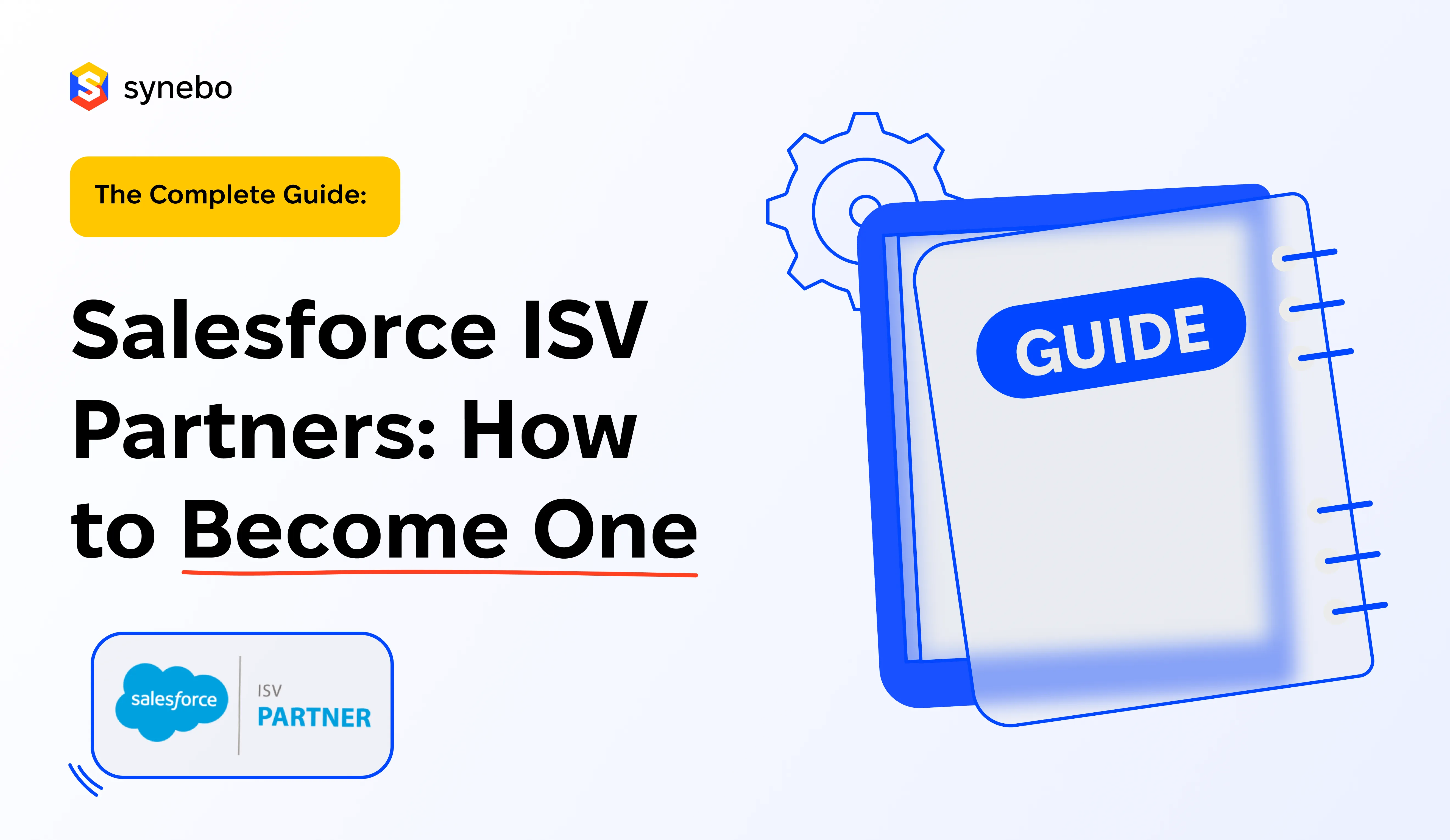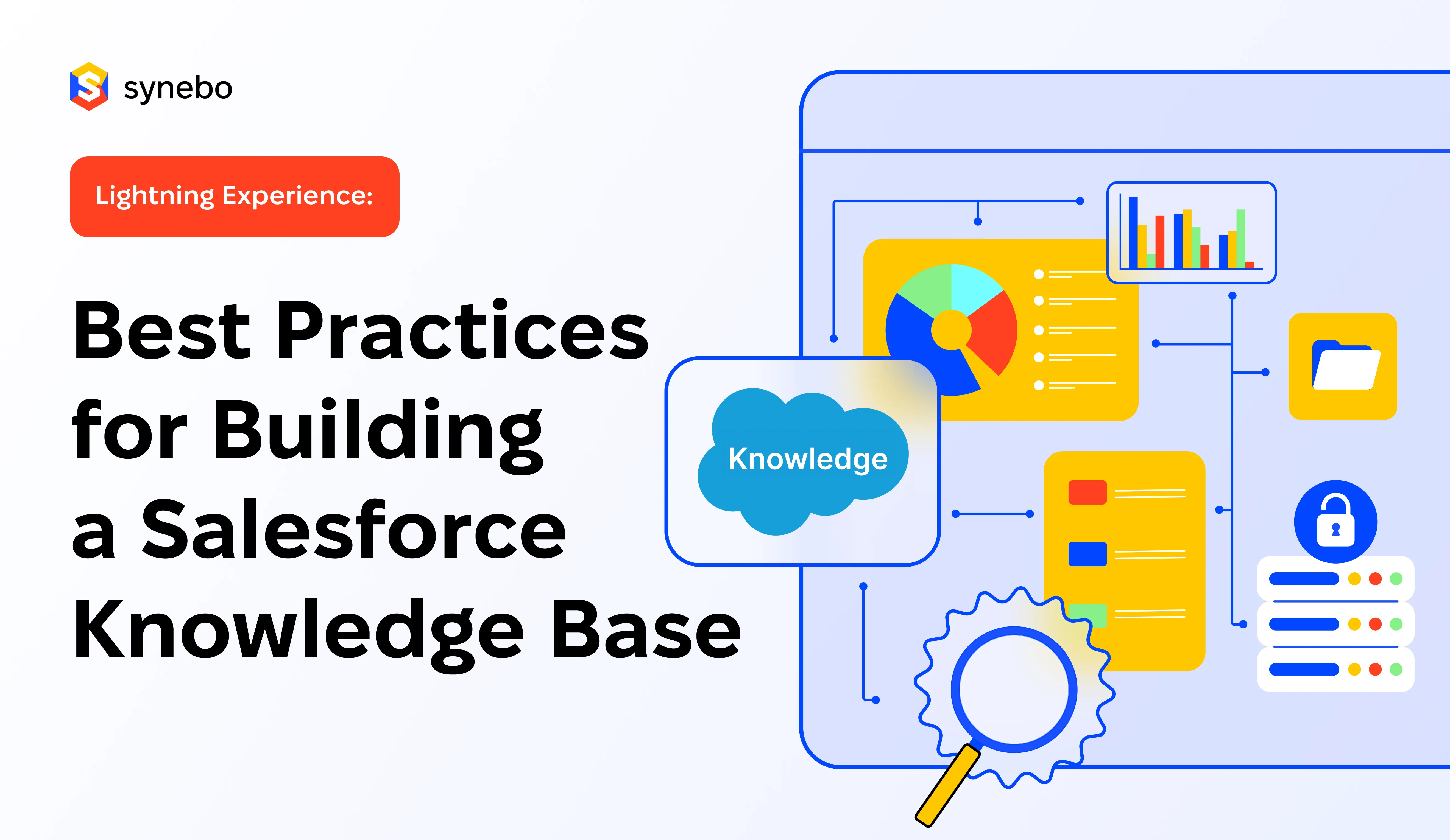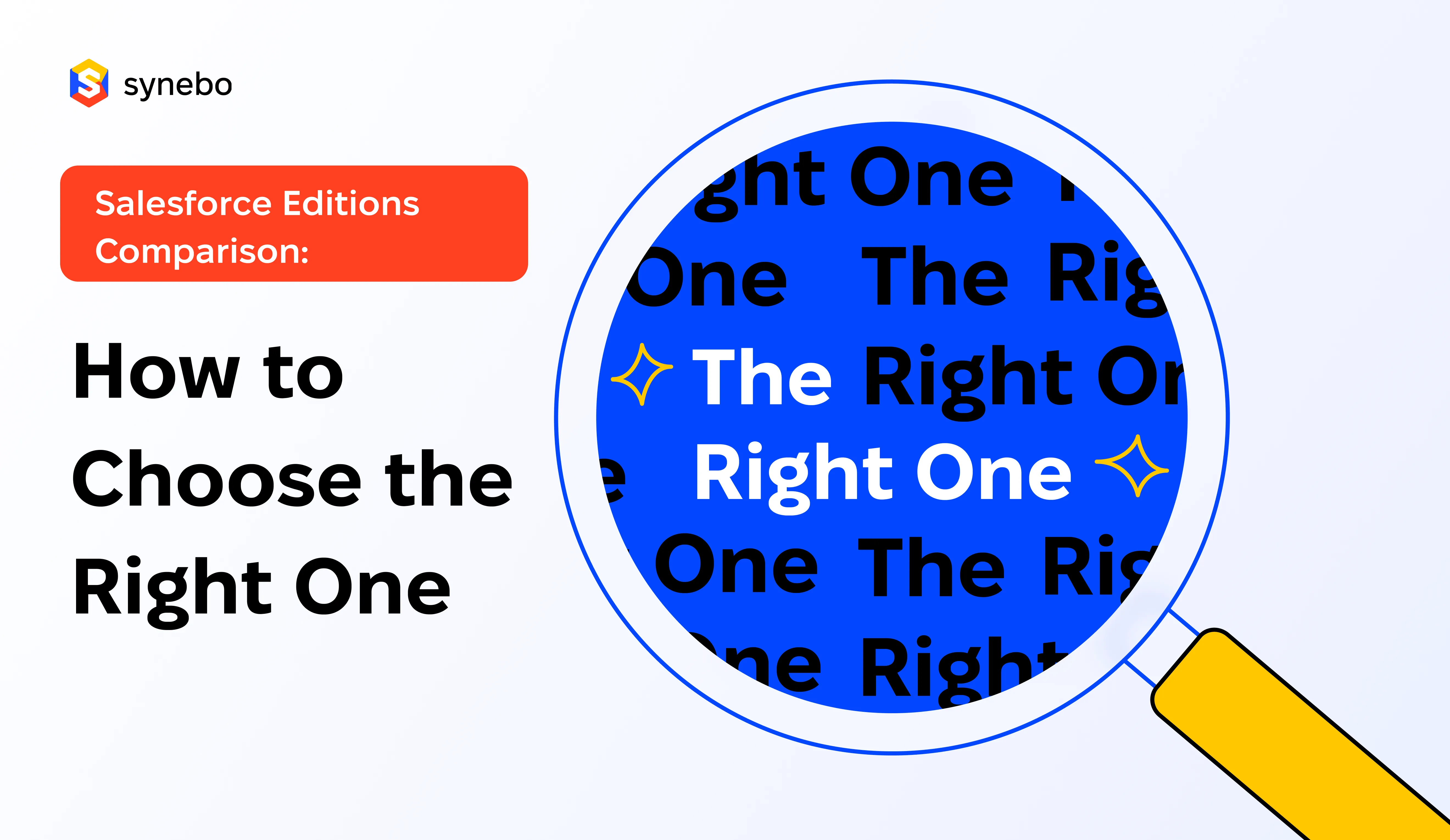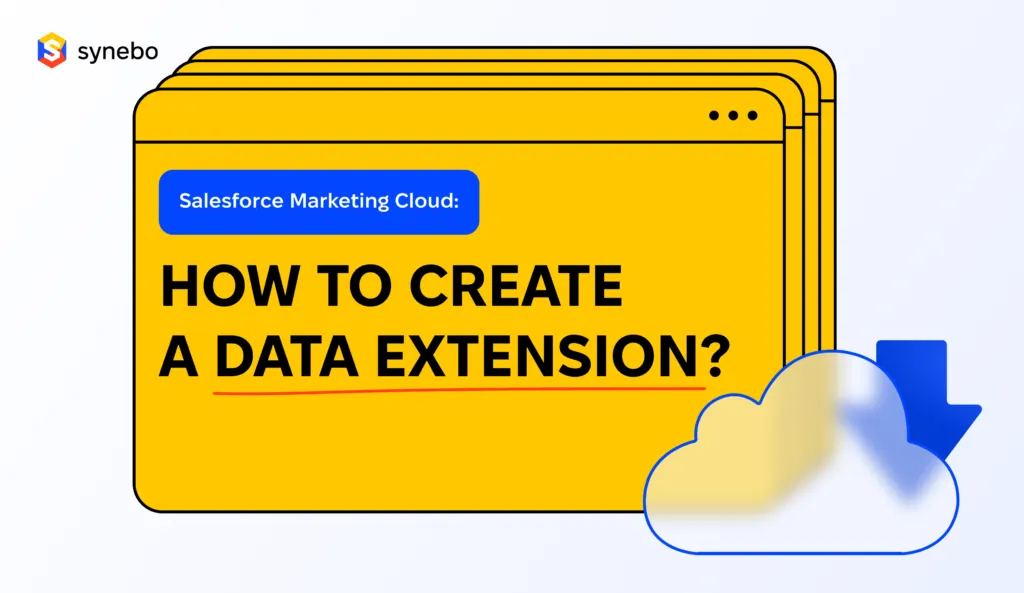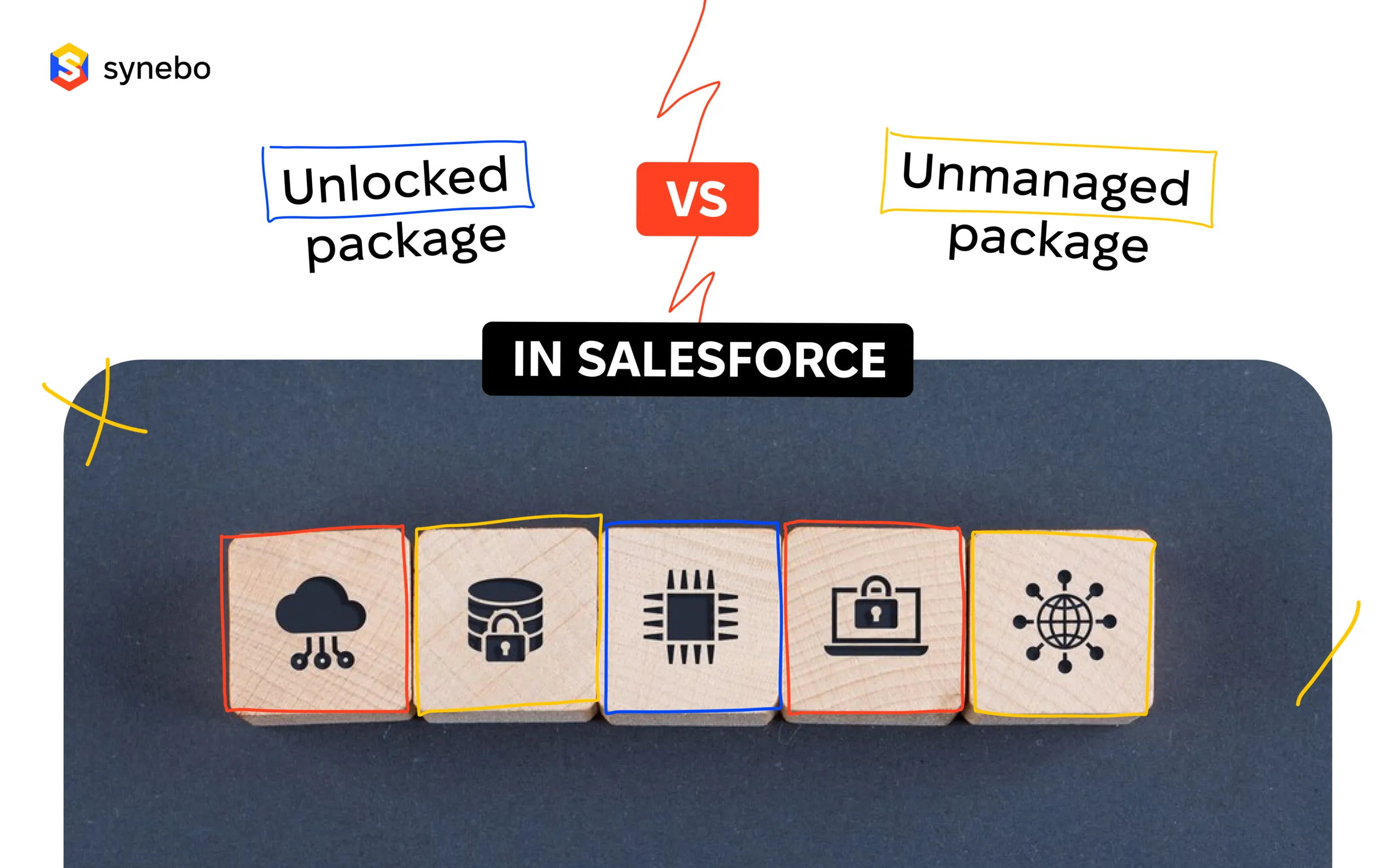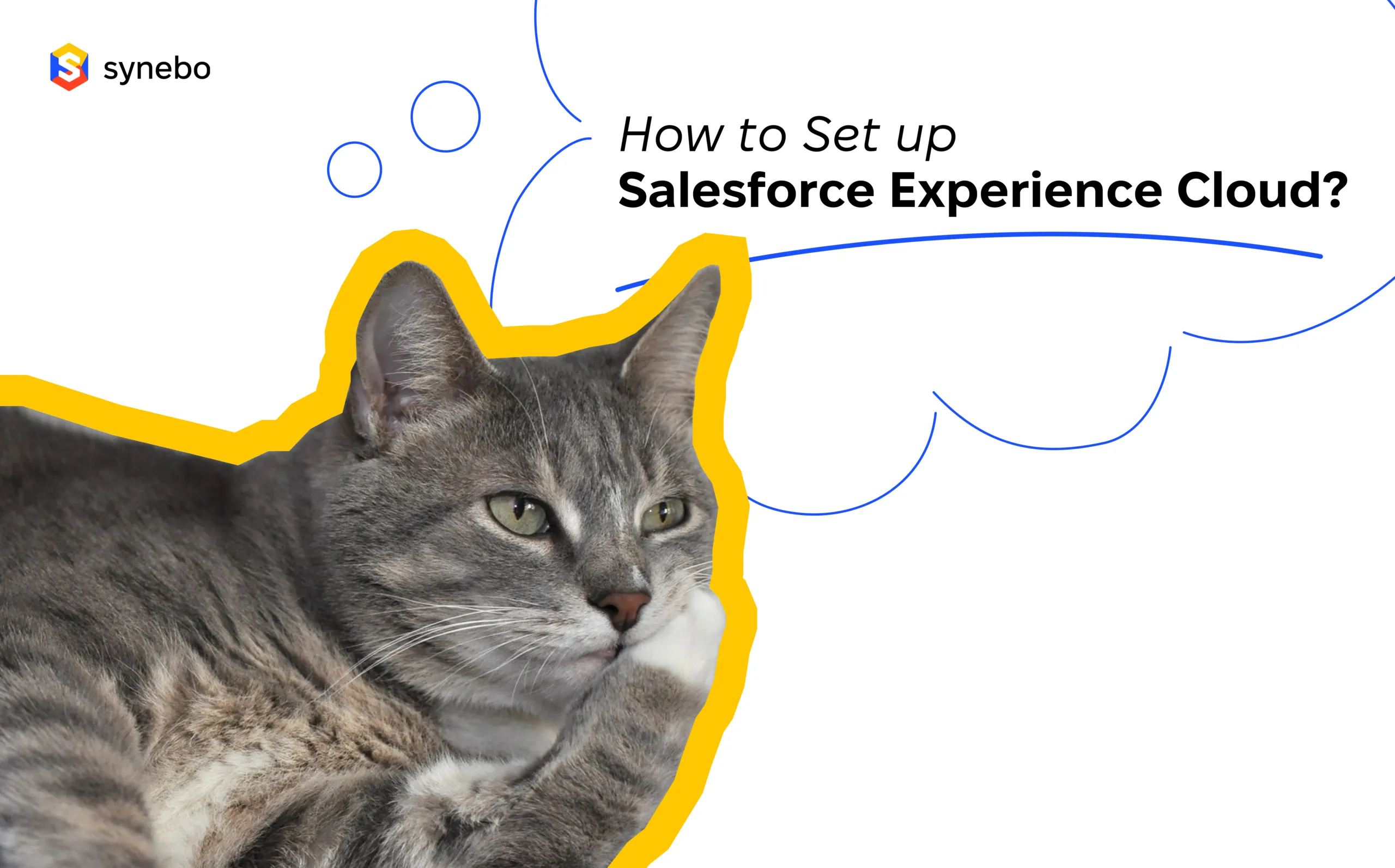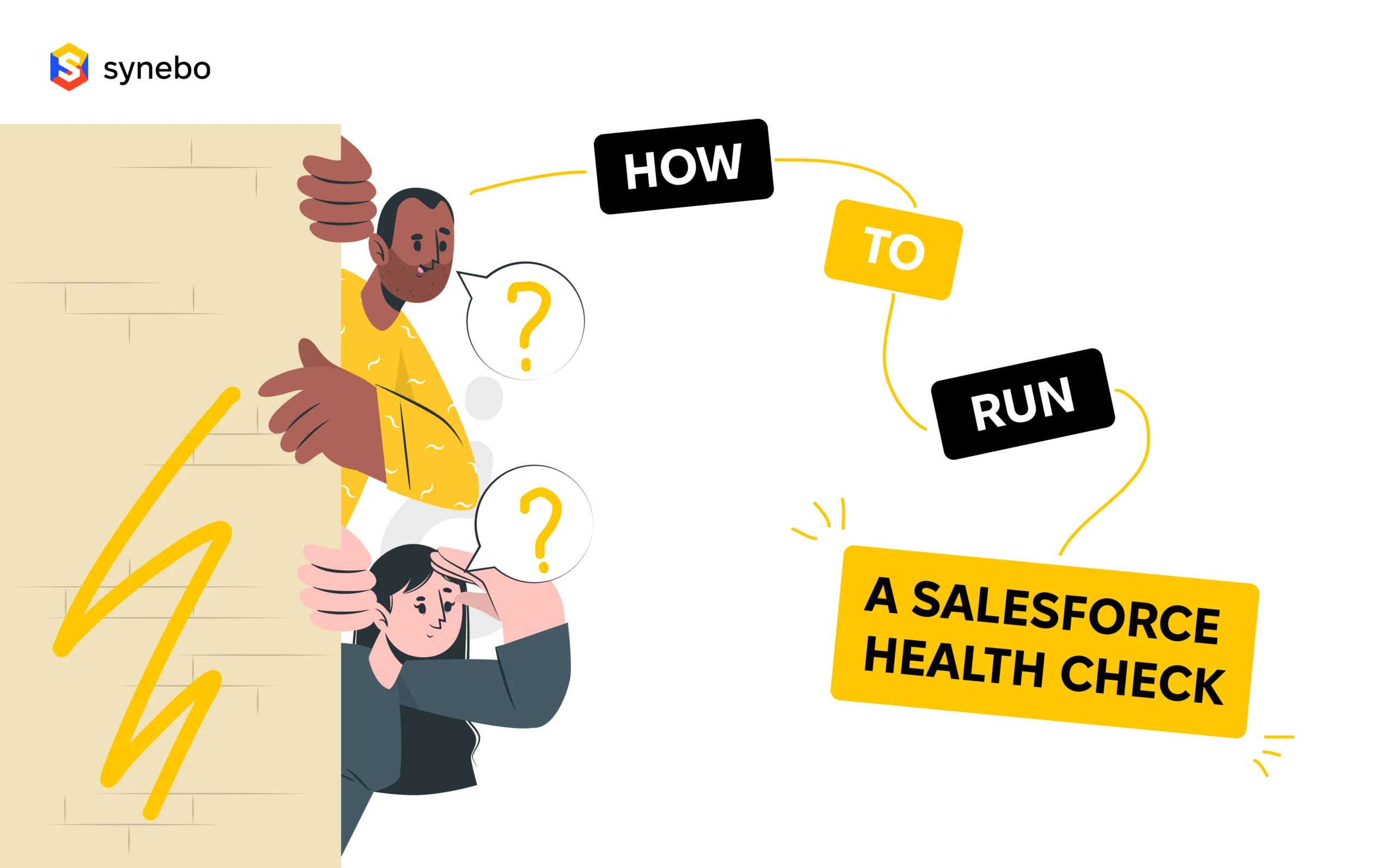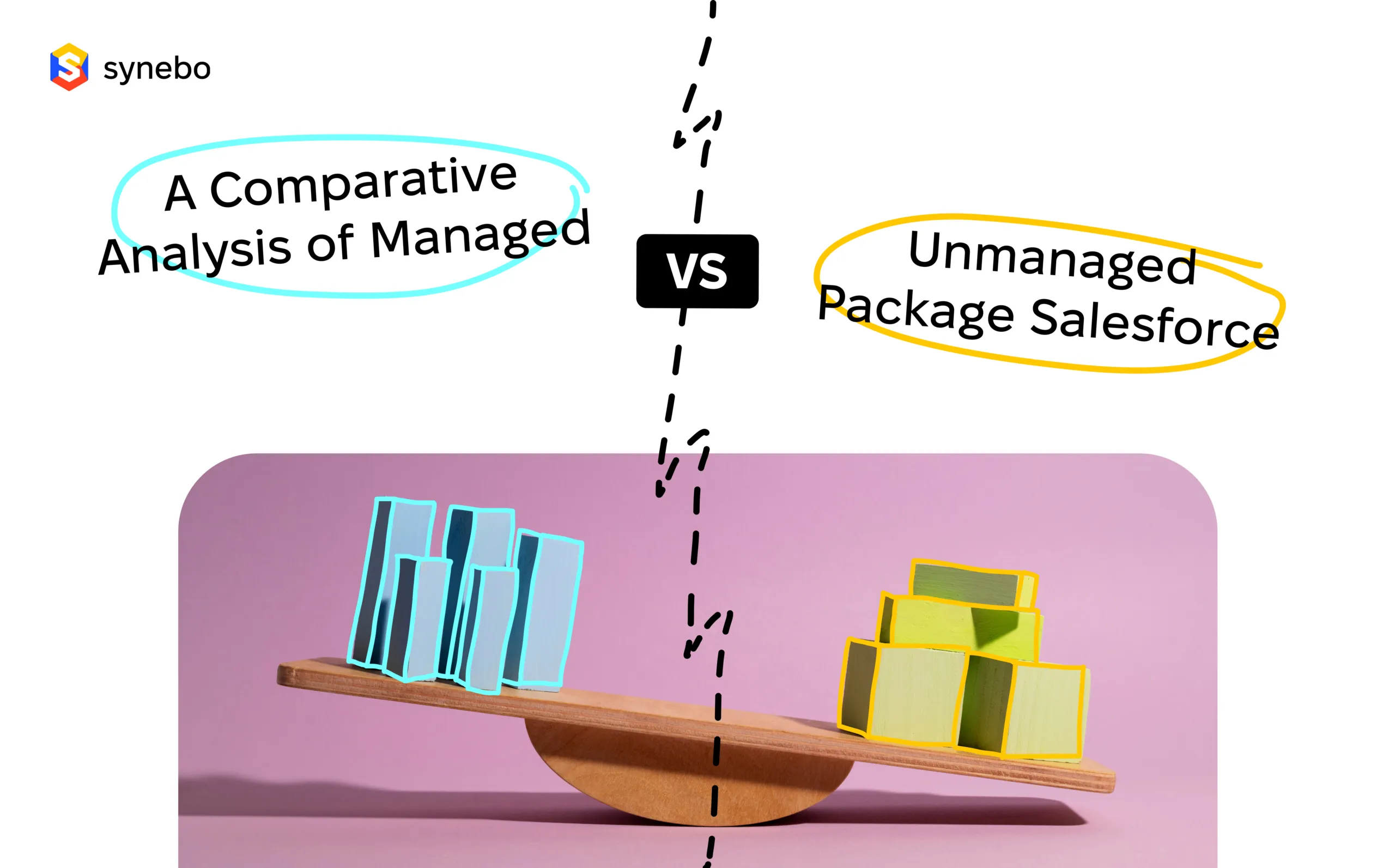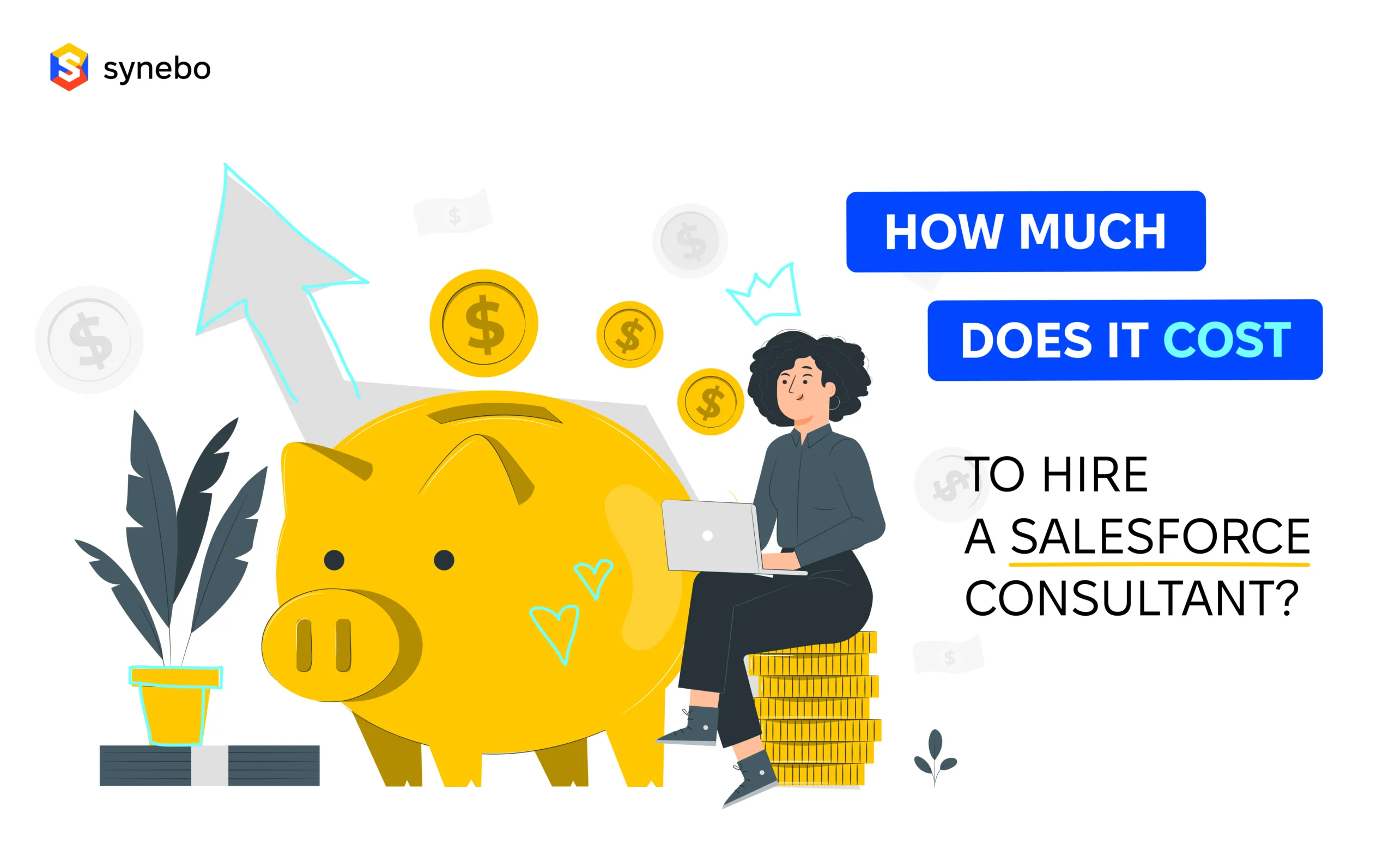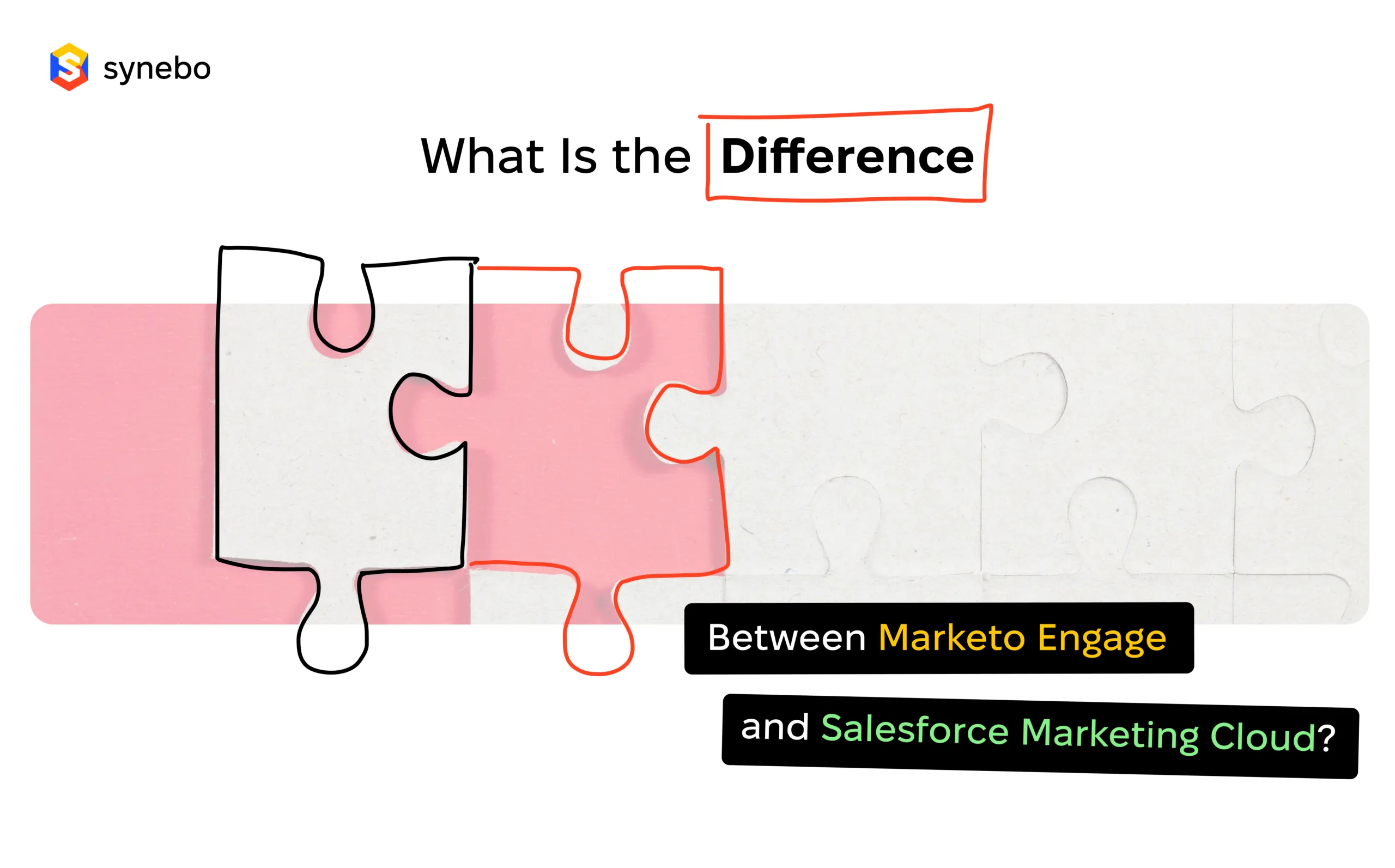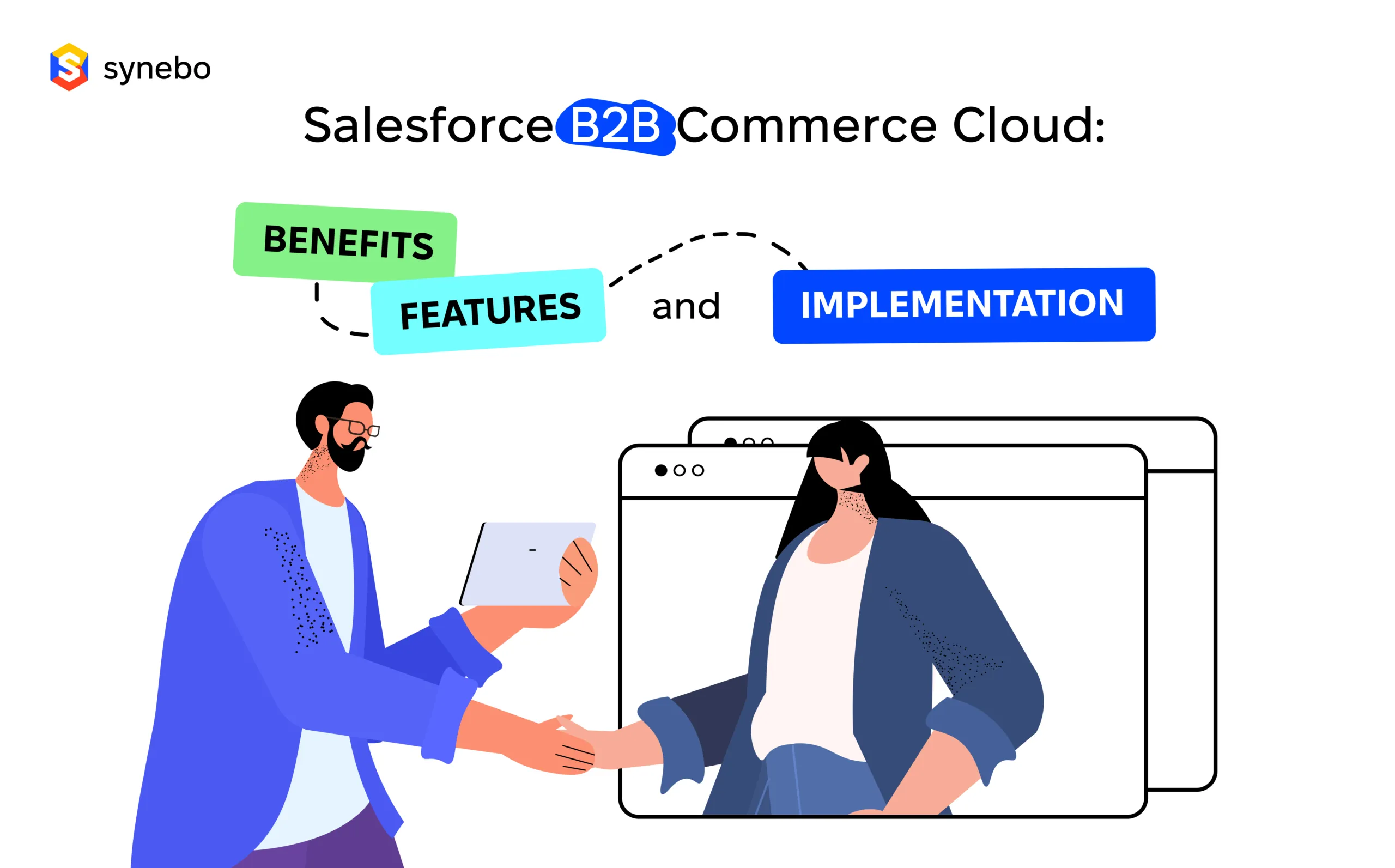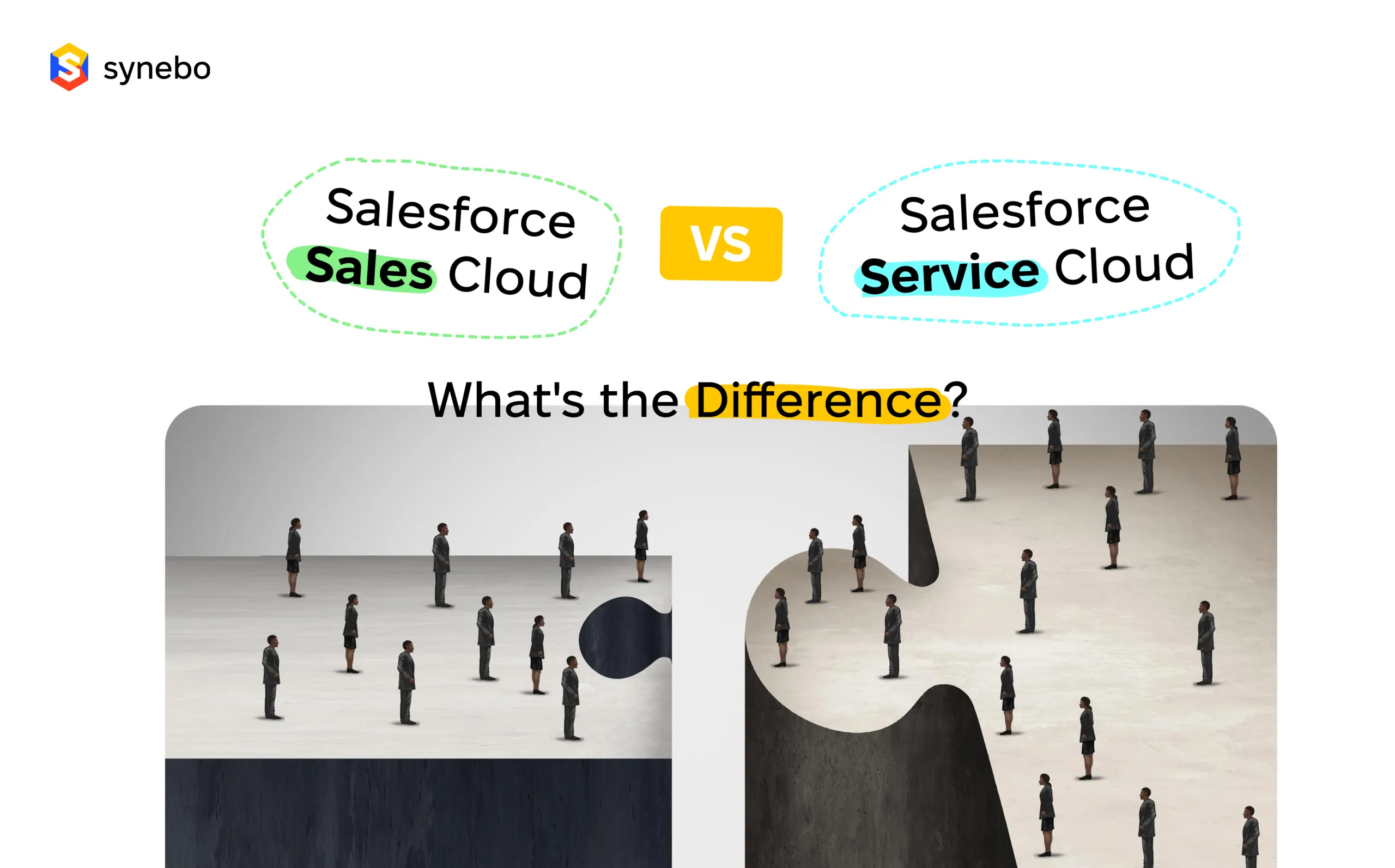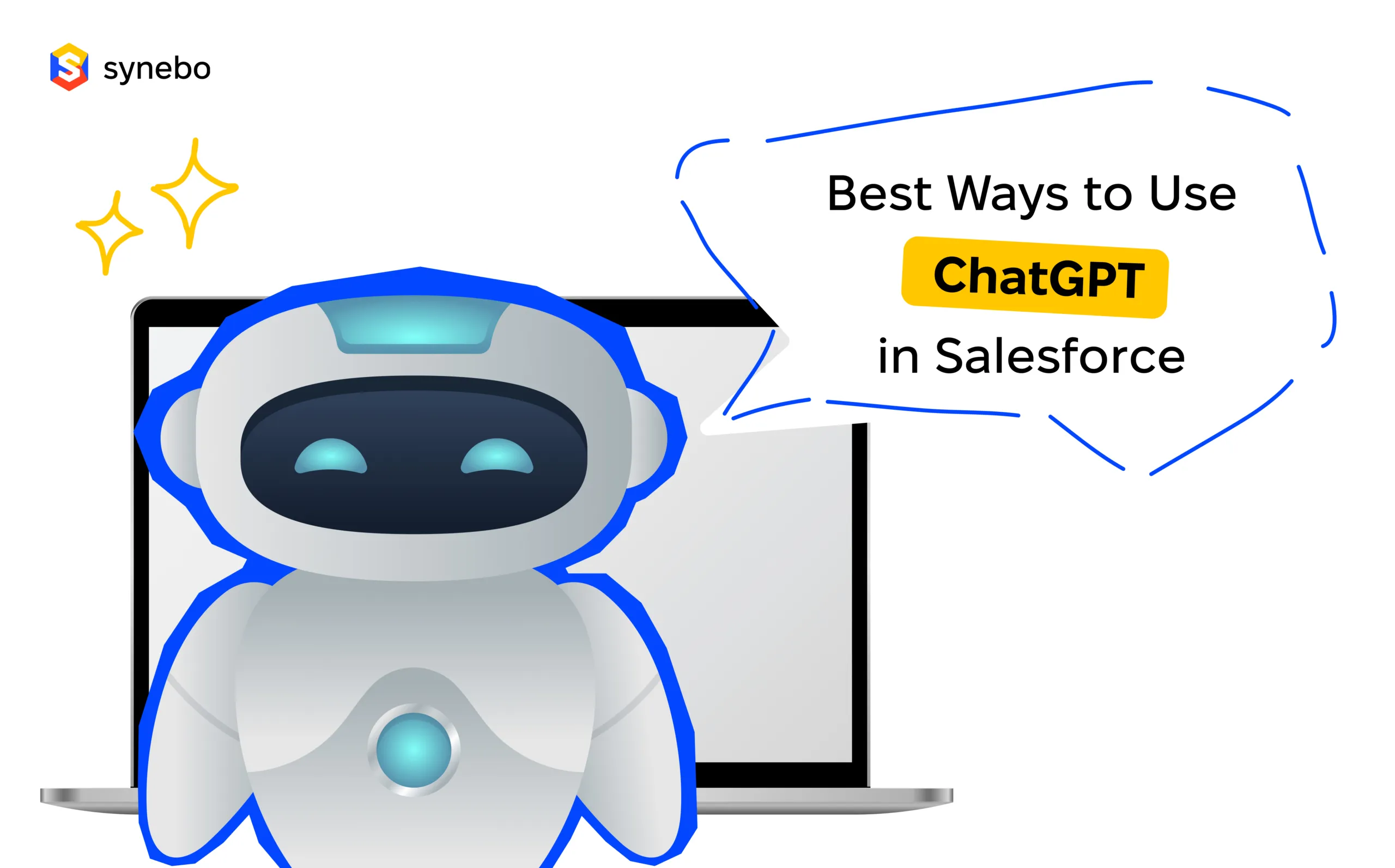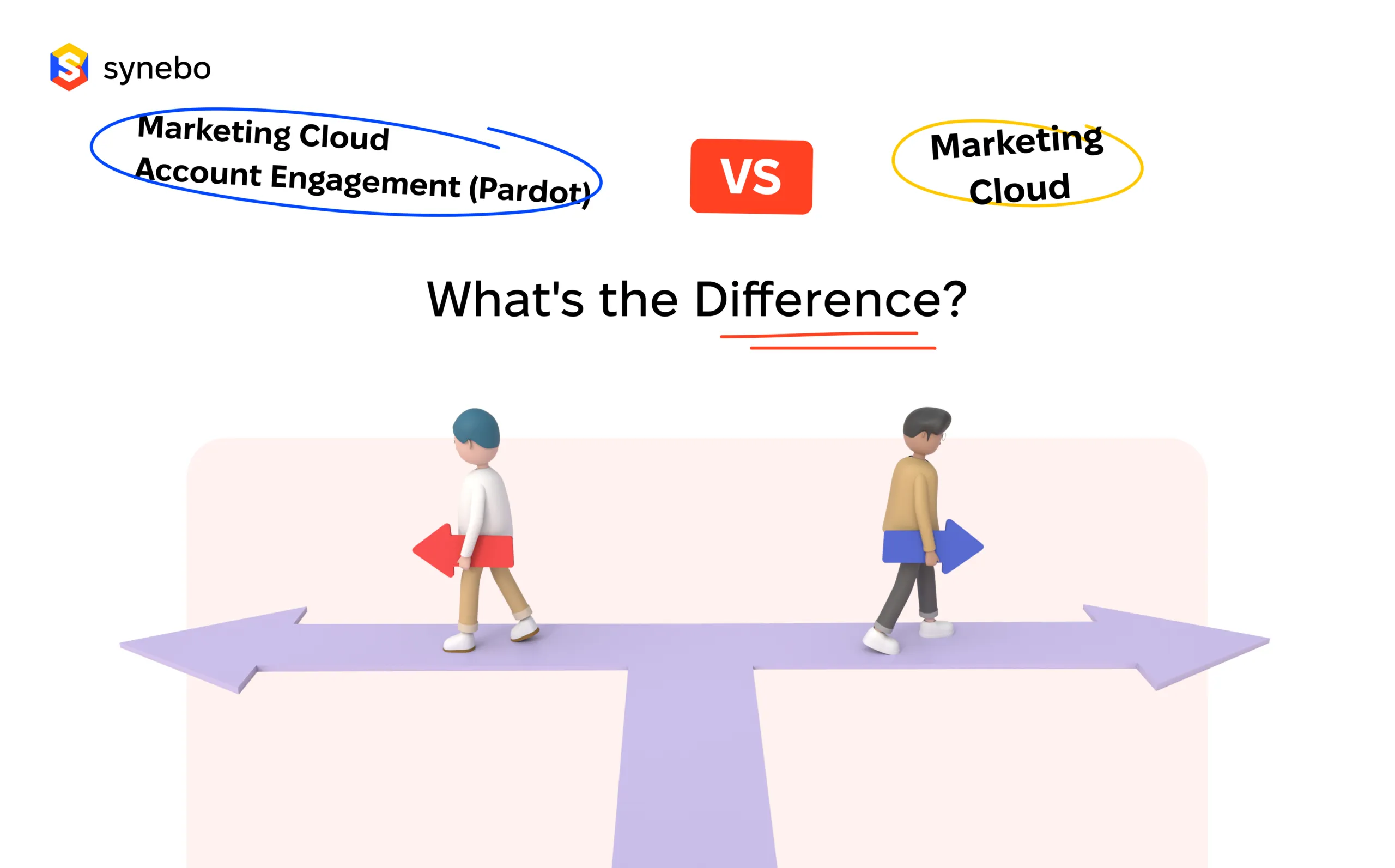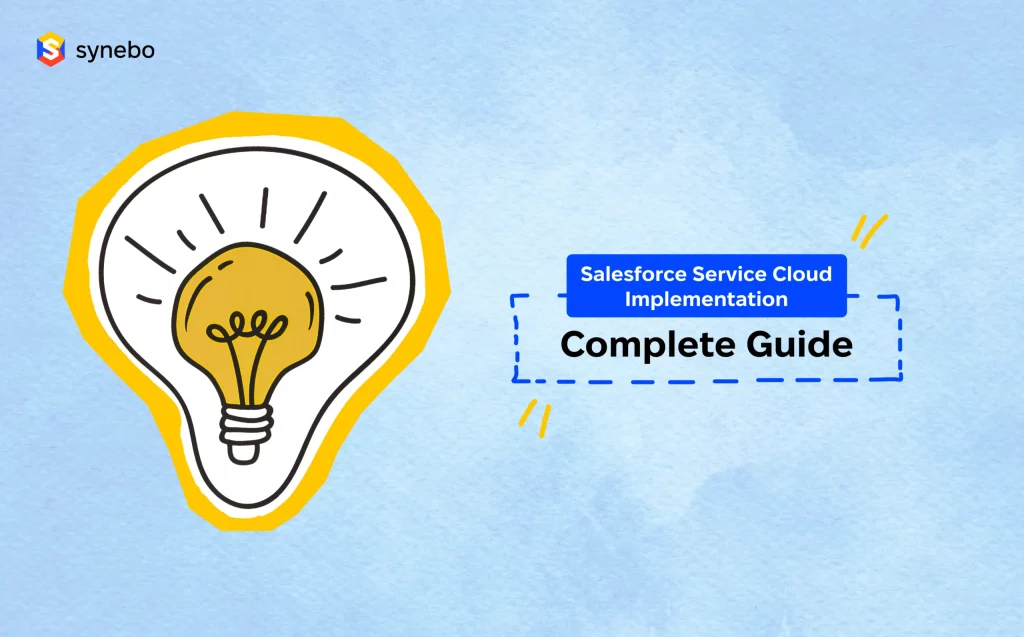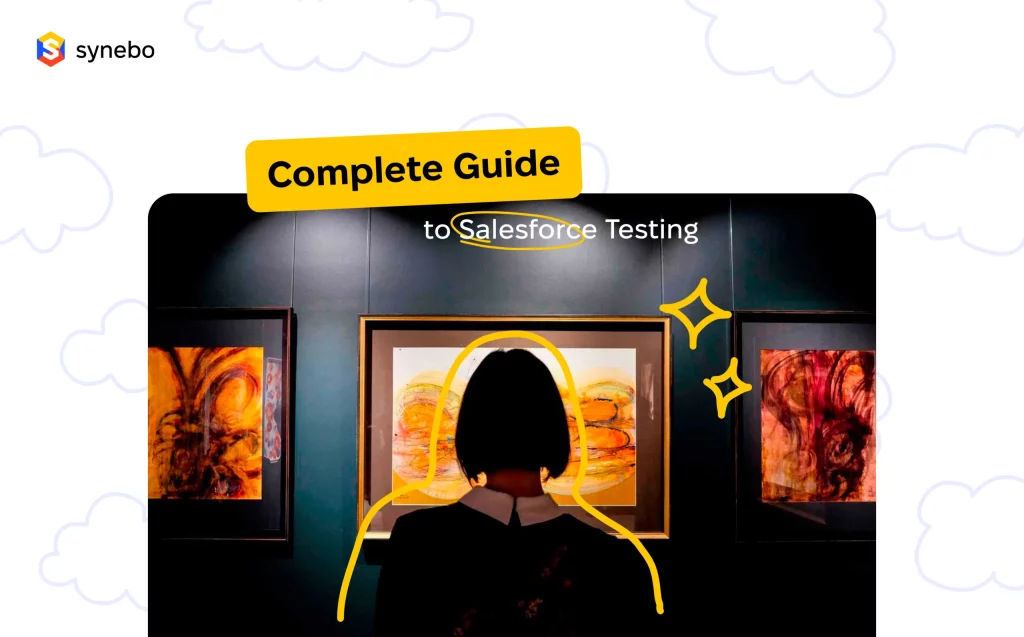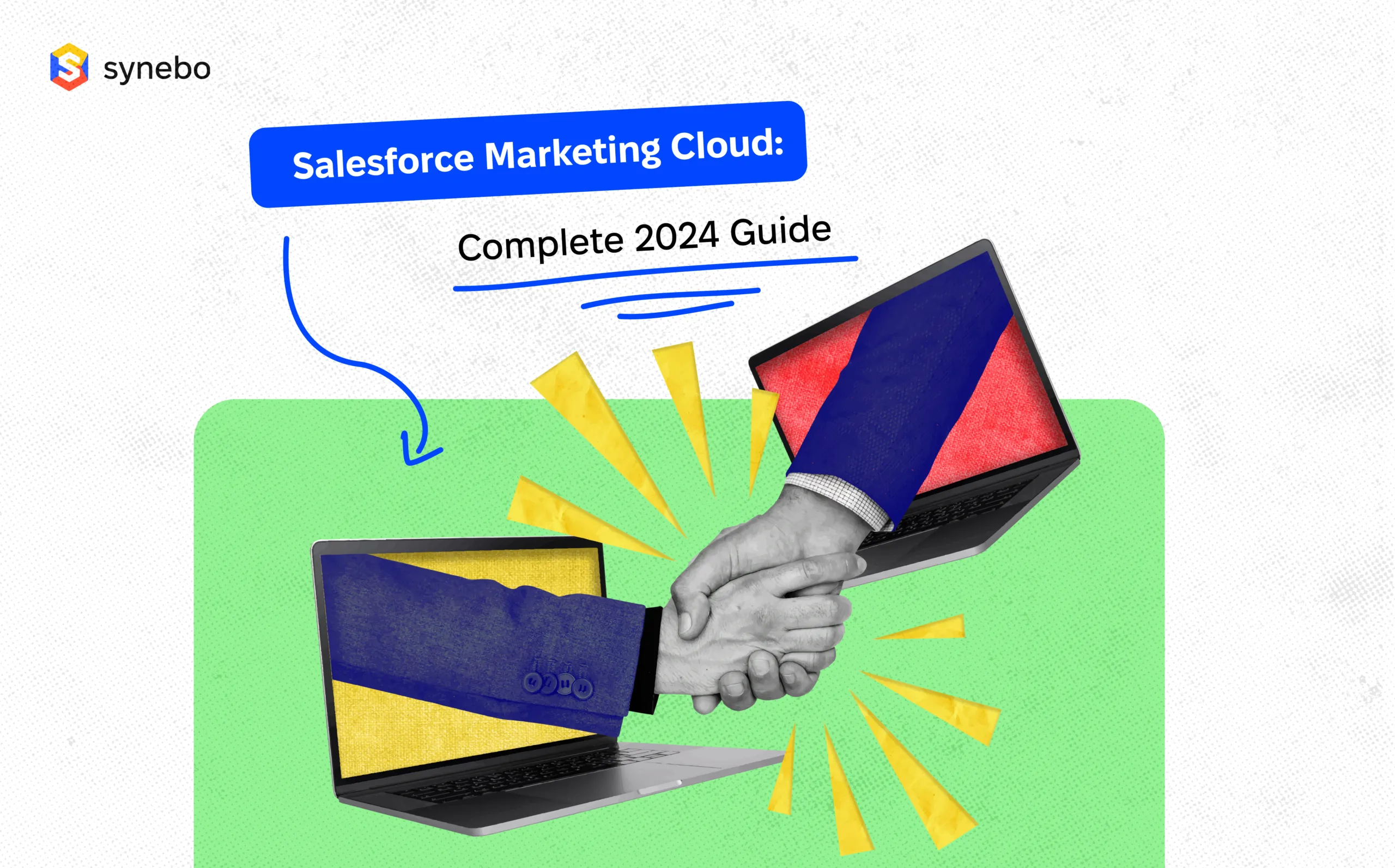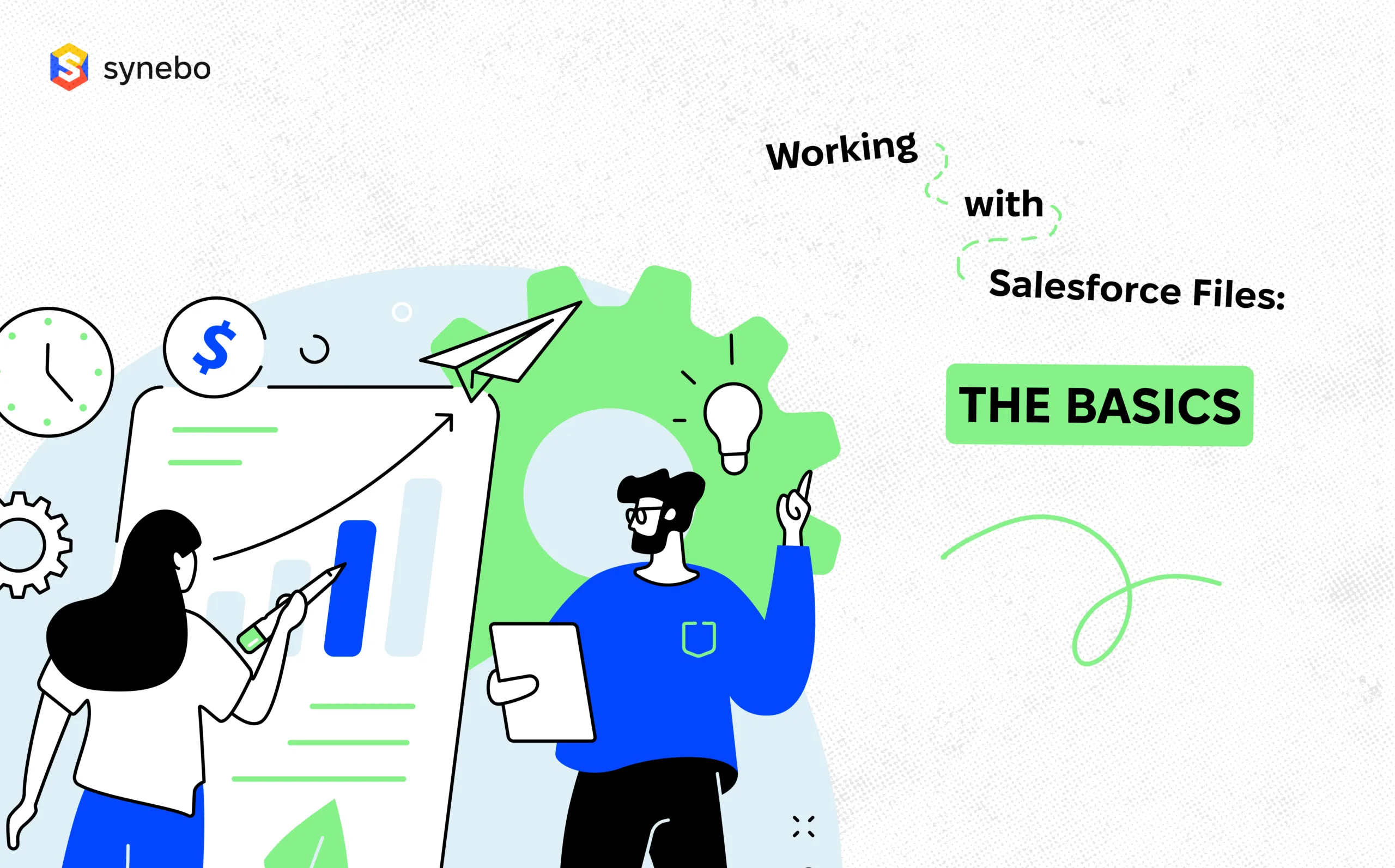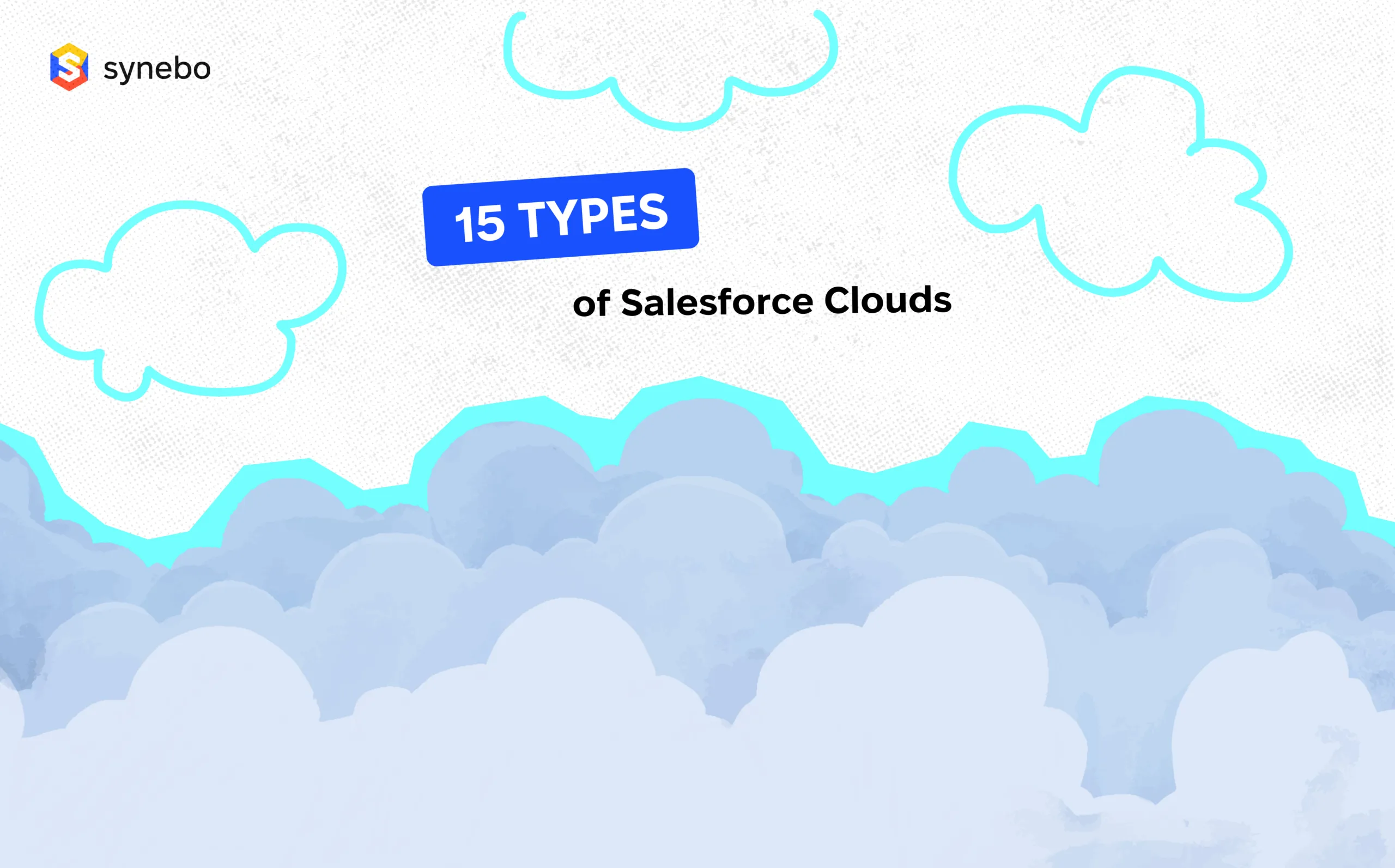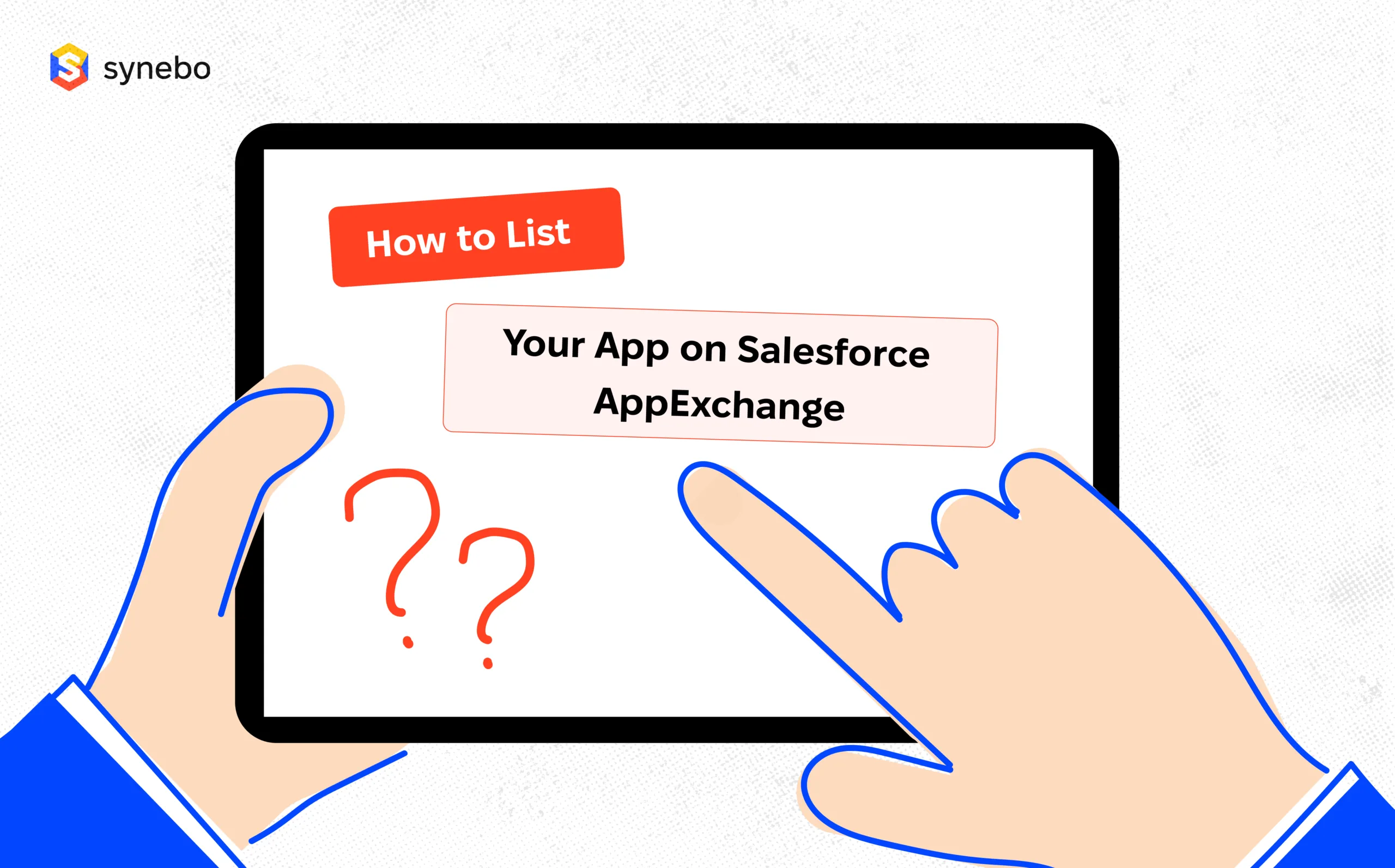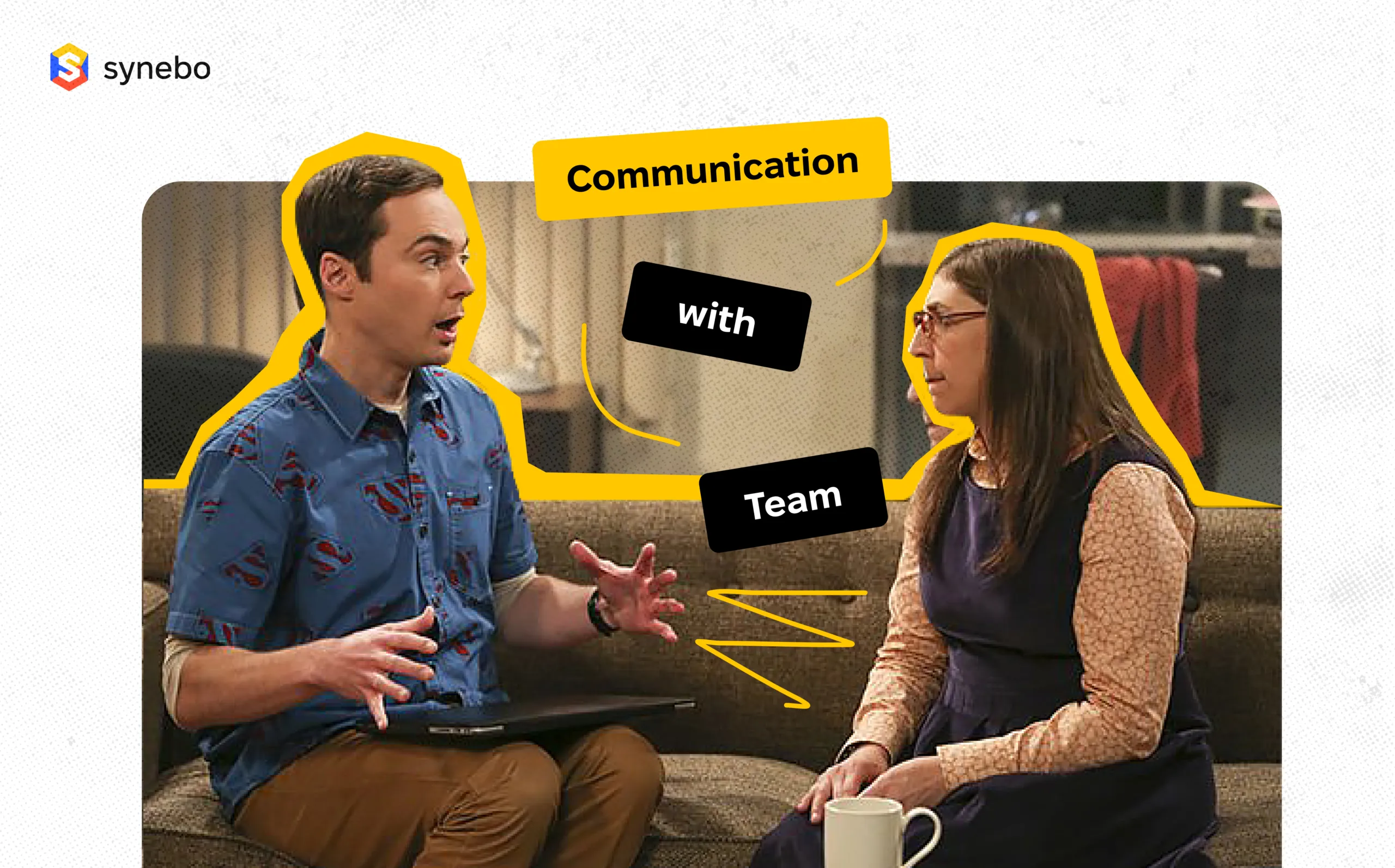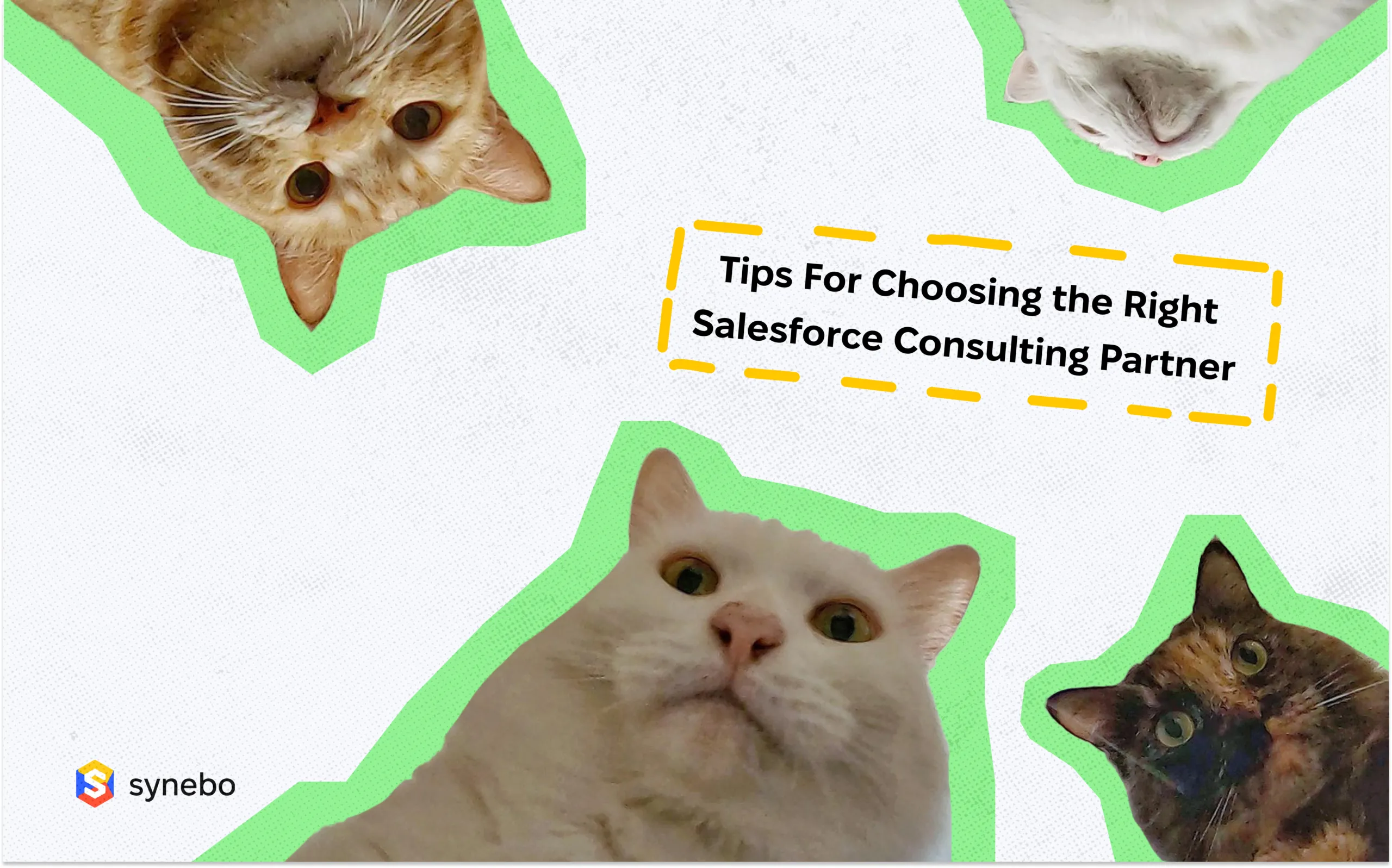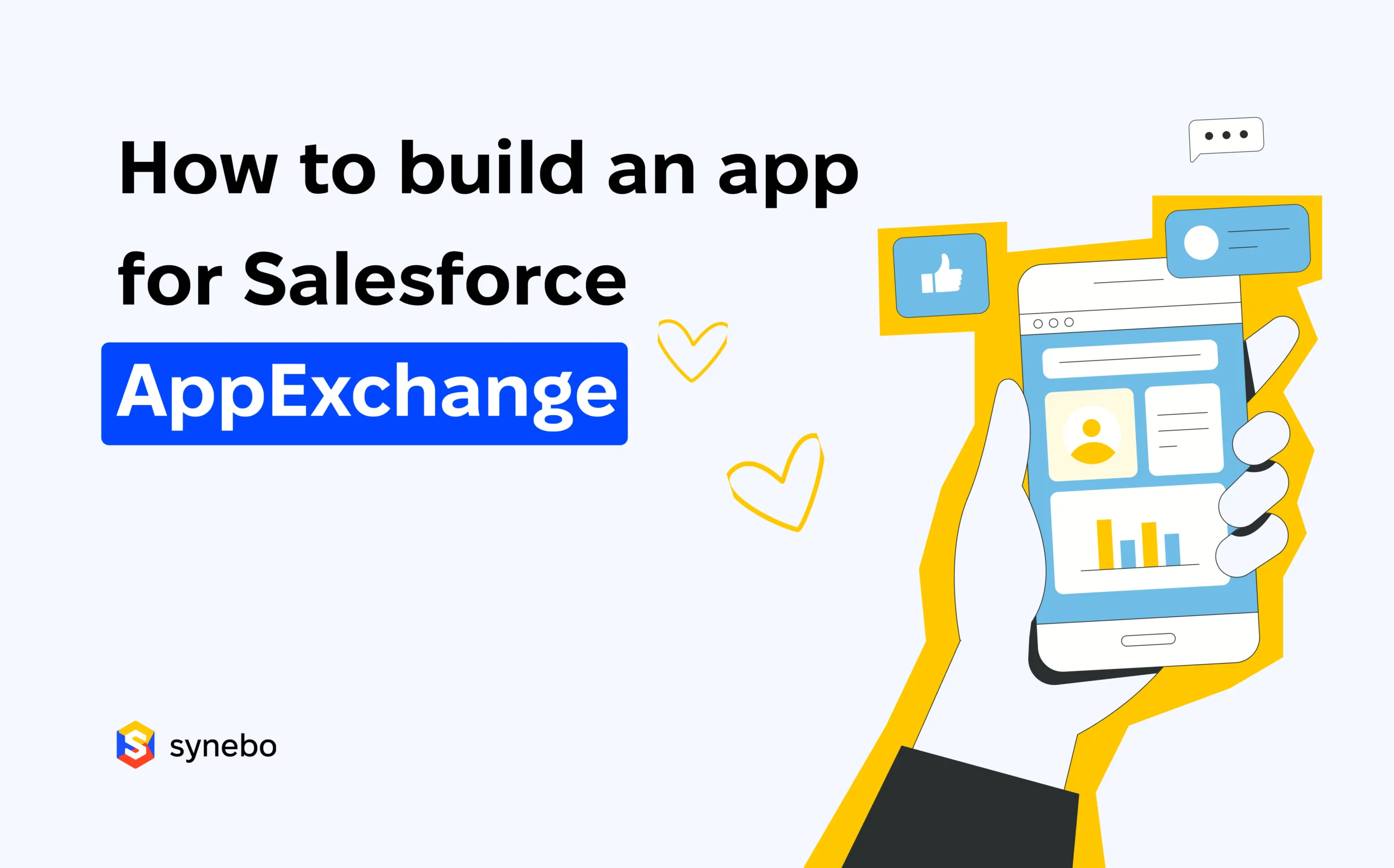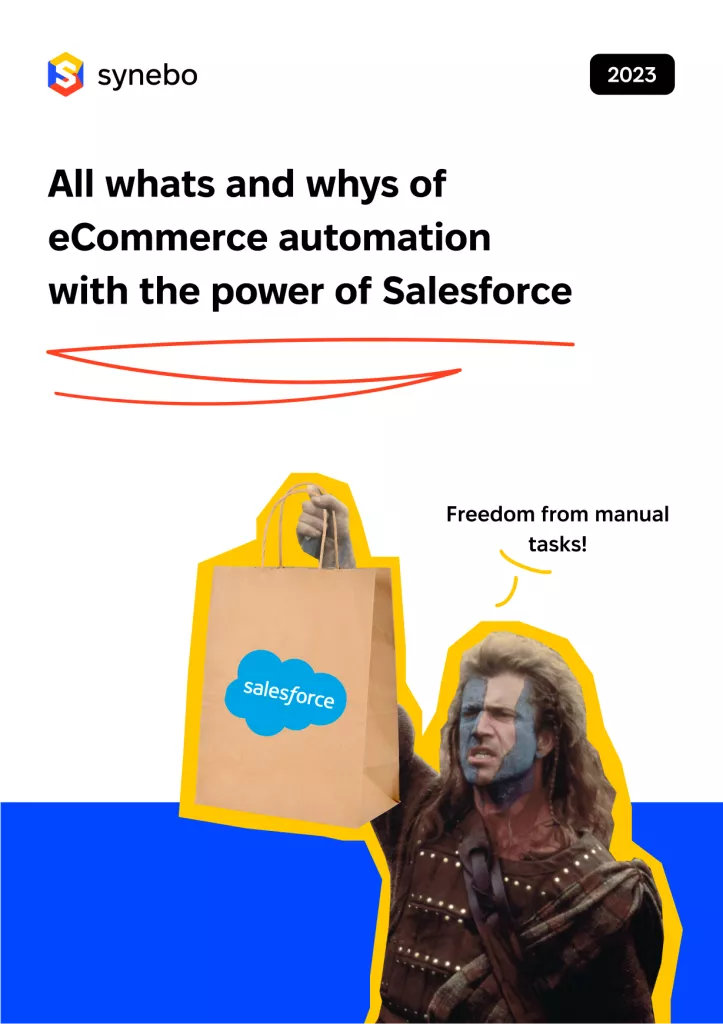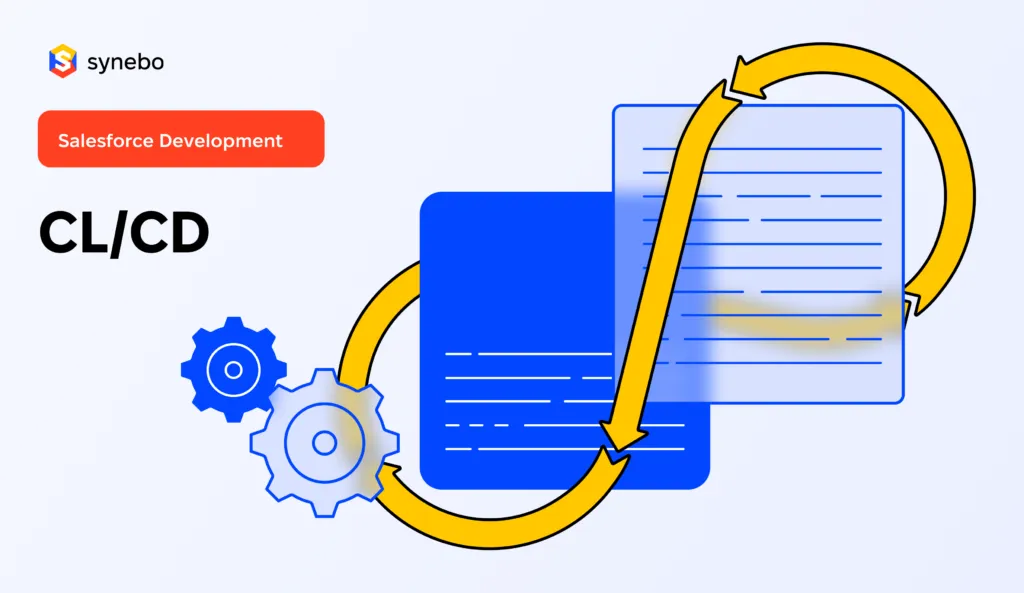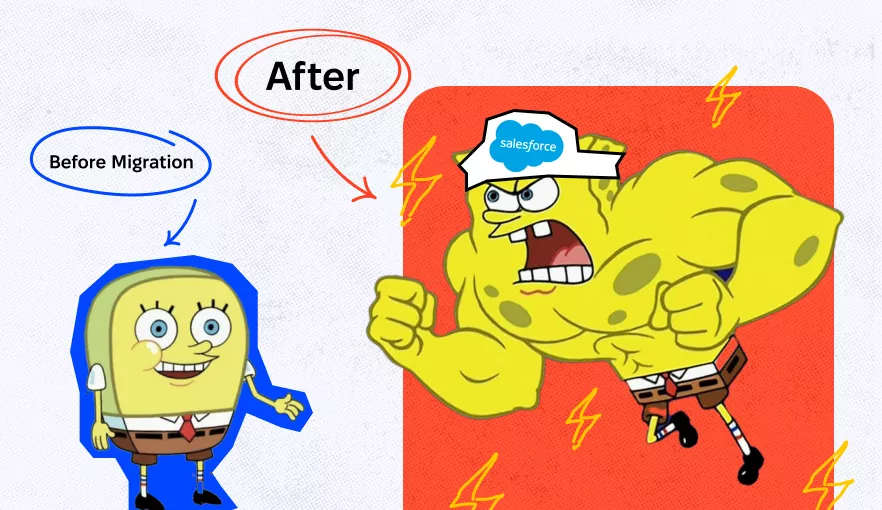Why SaaS Companies Need Salesforce
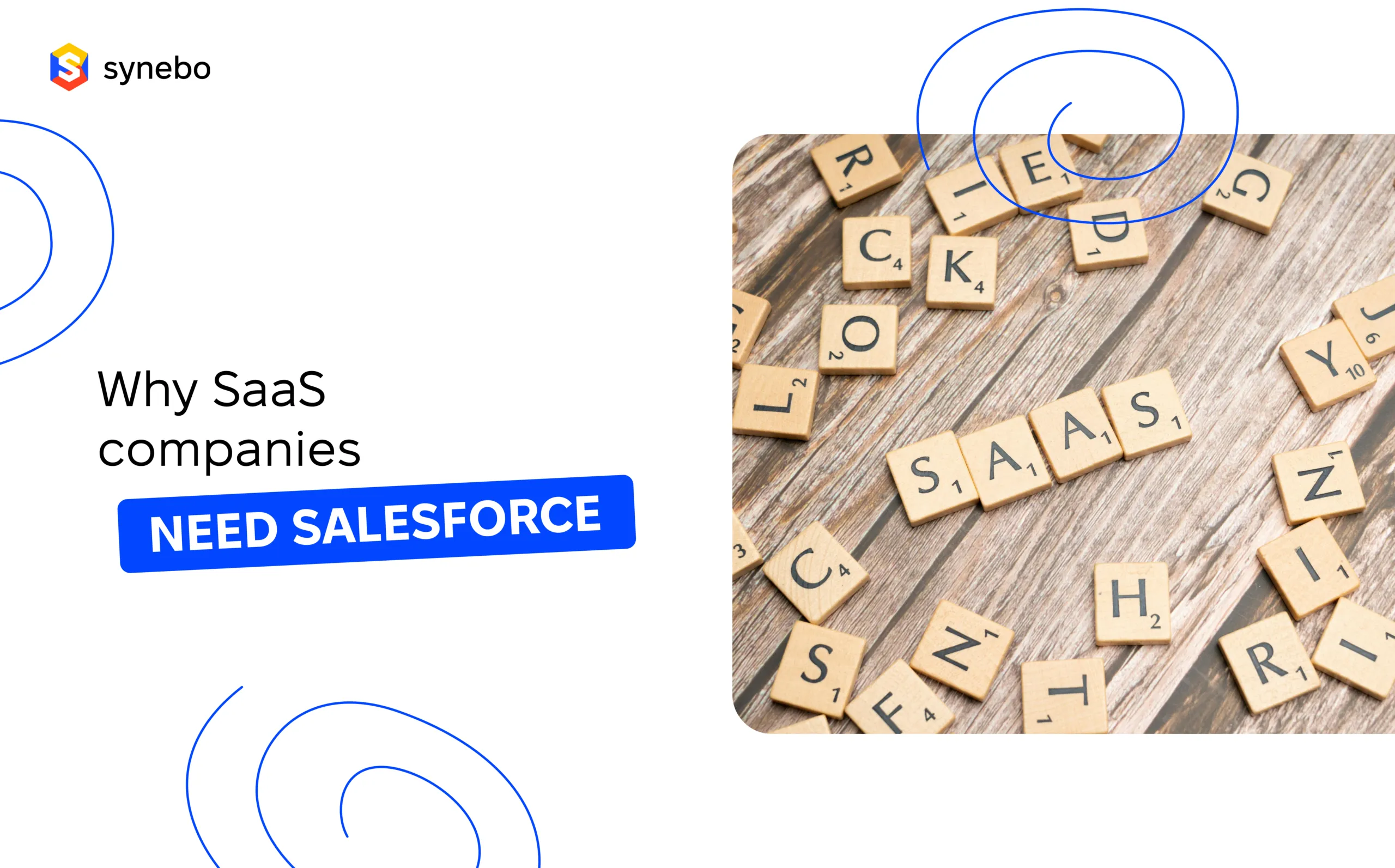
In today’s competitive business landscape, Software as a Service (SaaS) companies need a robust and efficient system to manage their operations, streamline processes, and enhance customer relationships. This is where Salesforce, the world’s leading customer relationship management (CRM) platform, comes into play.
As an expert in Salesforce development, Synebo understands the unique challenges faced by SaaS companies and the transformative power of Salesforce. In this article, we will delve into the reasons why SaaS companies need Salesforce, exploring its basics, role, key benefits, and future prospects.
4 Key Benefits of Salesforce for SaaS Companies
Salesforce is a powerful tool for SaaS companies, helping them work smarter and grow faster. It automates boring tasks, makes it easy to work together as a team, and helps businesses understand and serve their customers better.
So the main benefits of Salesforce for Saas companies would include the following:
#1 Streamlining business processes. Salesforce automates repetitive tasks and integrates easily with other tools, freeing up teams to focus on strategic growth activities. Its customizable dashboards and real-time reporting provide insights that drive informed decision-making.
#2 Enhancing customer relationship management. The platform’s CRM features ensure a comprehensive view of customer interactions, facilitating personalized experiences. With AI-driven analytics, companies can predict customer needs, enhancing engagement and loyalty.
#3 Scaling and adapting. Salesforce’s scalable architecture supports business growth and adapts to changing market demands. Its flexibility allows for the customization of workflows, ensuring that businesses can evolve their processes as needed.
#4 Improving data analysis and reporting. Advanced analytics and reporting capabilities enable businesses to extract valuable insights from data, guiding strategic decisions and uncovering opportunities for optimization.
In essence, Salesforce equips SaaS companies with the tools to automate operations, understand and engage customers deeply, and adapt quickly to market changes, all while making data-driven decisions to fuel growth.
Looking for help with Salesforce integration into your Saas operations? Contact Synebo for expert assistance on your next project.
Challenges SaaS Companies Can Solve with Salesforce
Addressing the multifaceted challenges that SaaS companies encounter requires a strategic approach, one that Salesforce adeptly provides. These challenges range from maintaining customer loyalty, and optimizing lead management, to simplifying subscription billing, and Salesforce has developed specific solutions for each:
- High customer churn rates
SaaS companies often struggle with retaining customers, leading to high churn rates.
Solution: Salesforce enhances lead nurturing and scoring mechanisms, ensuring that leads are managed more effectively. This proactive approach helps in retaining customers by identifying and addressing their needs promptly.
- Inefficient lead management
Managing leads effectively and converting them into customers can be a complex and time-consuming process.
Solution: The platform offers robust tools designed to refine the lead conversion process. By automating tasks and leveraging detailed analytics, companies can identify high-quality leads and tailor their approaches to increase conversion rates.
- Complex subscription billing processes
Subscription-based SaaS companies often face challenges in managing and billing their recurring revenues efficiently.
Solution: Managing and billing subscriptions becomes more straightforward with Salesforce. It provides tools that automate and streamline the management of recurring revenues, reducing the complexity of subscription services.
- Lack of customer insights
Gaining deep insights into customer behaviors and preferences can be difficult, hindering effective decision-making.
Solution: Salesforce’s advanced reporting and analytics capabilities offer deep insights into customer behaviors and preferences. This empowers companies to make informed decisions, tailoring their strategies to meet customer demands effectively.
- Inability to adapt to market changes
SaaS companies need to quickly adapt to market trends and demands to stay competitive, which can be challenging.
Solution: The Salesforce ecosystem, including its extensive AppExchange marketplace, offers numerous applications and integrations. These resources enable SaaS companies to swiftly respond to market trends and demands, maintaining a competitive edge.
- Limited collaboration and innovation
Fostering a culture of collaboration and innovation can be challenging, yet it’s essential for growth and evolution in the SaaS industry.
Solution: Salesforce is more than a platform; it’s a community that encourages collaboration and continuous learning among its users. This environment fosters innovation and knowledge sharing, which is invaluable for SaaS companies looking to grow and evolve.
You might also explore the details of working with a Salesforce Product Development Outsourcer to integrate Salesforce into your SaaS operations.
Implementing Salesforce in SaaS Operations with a Salesforce Partner
Integrating Salesforce into your SaaS operations can significantly streamline your customer relationship management (CRM) and boost your efficiency. However, navigating the intricacies of Salesforce and tailoring it to your specific needs can be complex. This is where a Salesforce implementation partner comes in.
Here’s what Salesforce partner can offer to your business:
- Expertise. Salesforce partners possess in-depth knowledge of Salesforce functionality, best practices, and industry-specific nuances. They can guide you through the entire process, from selecting the right modules to customizing workflows.
- Efficiency. Partnering with an expert saves you valuable time and resources that would be spent learning the platform and potentially making costly mistakes during implementation.
- Customization. Partners can tailor Salesforce to your unique SaaS business needs, ensuring it seamlessly integrates with your existing systems and processes.
- Training and support. They provide comprehensive training for your team, ensuring user adoption and maximizing the platform’s potential. Additionally, they offer ongoing support to address any challenges you may encounter.
As you can see, in all cases when you don’t have an in-house team specializing in Salesforce development services, the right call for you is to reach out to a Salesforce service provider and let them address your need.
Salesforce Implementation Process
Here’s what the Salesforce Implementation process with a partner looks like:
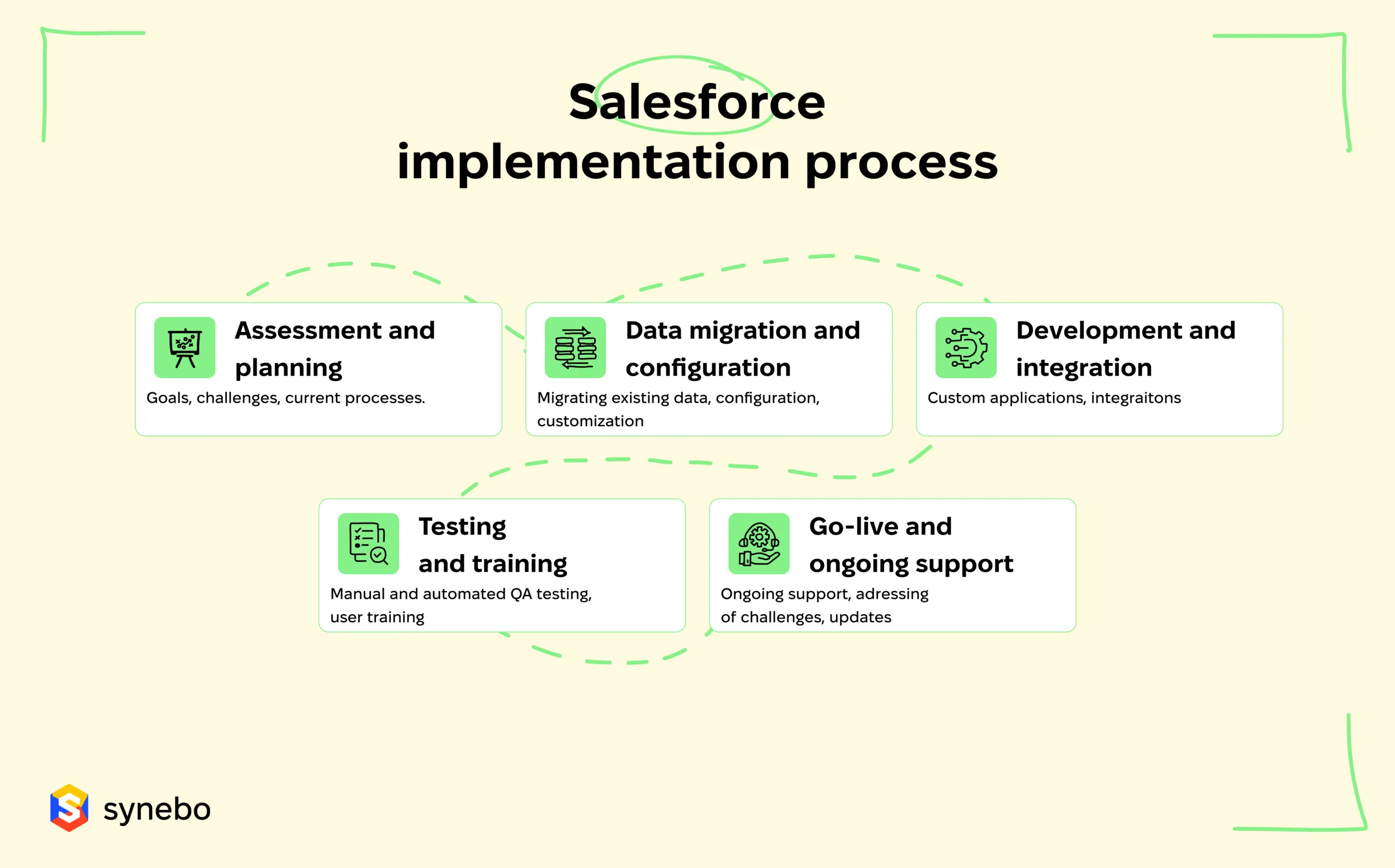
Here’s what the Salesforce Implementation process with a partner looks like:
#1 Assessment and planning. The partner works with you to understand your business goals, challenges, and current processes. They then create a customized implementation plan outlining the specific modules, configurations, and integrations needed.
#2 Data migration and configuration. The partner assists in migrating your existing data to Salesforce and configuring the platform based on your plan. This may involve customizing fields, workflows, reports, and dashboards.
#3 Development and integration. If necessary, the partner can develop custom applications or integrations to connect Salesforce with your other systems and tools.
#4 Testing and training. The partner thoroughly tests the implemented solution and provides comprehensive training for your team to ensure smooth adoption.
#5 Go-live and ongoing support. After launch, the partner provides ongoing support to address any issues and help you optimize your use of Salesforce.
By choosing to implement Salesforce with the expertise of a dedicated partner, SaaS businesses can not only navigate the complexities of the platform with ease but also ensure that their CRM strategy is robust, scalable, and fully aligned with their unique operational demands.
Want to ensure your Salesforce implementation is a success? Dive into our article with 20 questions to ask your potential Salesforce partner!
How SaaS Companies Use Salesforce to Drive Business Success
SaaS companies across various sectors are leveraging Salesforce to drive business success. From Spotify harmonizing customer interactions to AWS streamlining cloud solution sales, this comprehensive exploration reveals how these companies use Salesforce’s features to enhance their sales processes, customer service, and strategic insights.
| SaaS Company | How they use Salesforce | Details |
| Spotify | Manage customer relationships, track sales, gain customer insights | Personalize music recommendations, target marketing campaigns, analyze listening habits. |
| Amazon Web Services (AWS) | Manage customer accounts, track sales leads, improve customer service | Streamline cloud solutions sales process, automate tasks, provide proactive customer support. |
| DocuSign | Streamline sales process, manage pipeline, improve customer engagement | Automate agreement workflows, identify potential bottlenecks, provide user-friendly e-signature experience. |
| Zoom | Manage customer relationships, track sales opportunities, provide customer support | Manage communication with individual and enterprise accounts, facilitate lead nurturing, offer efficient technical support. |
| Slack | Manage sales pipeline, track customer interactions, improve lead generation | Automate tasks, personalize communication within channels, integrate with marketing tools for lead nurturing. |
| Dropbox | Manage customer accounts, track sales opportunities, provide customer support | Track storage usage and billing information, identify opportunities for paid plans, offer technical support for account management. |
Spotify: Harmonizing Customer Interactions
Spotify uses Salesforce for comprehensive Customer Relationship Management (CRM), managing millions of user accounts, tracking subscriptions and preferences, and personalizing music recommendations. Salesforce’s Sales & Marketing capabilities allow Spotify to target specific demographics with tailored marketing campaigns, optimizing conversion funnels.
Additionally, Spotify leverages Customer Insights from Salesforce to analyze user behavior, understand listening habits, identify trends, and enhance music recommendation algorithms.
Amazon Web Services (AWS): Streamlining Cloud Solutions Sales
For AWS, Salesforce simplifies Customer Account Management, handling accounts of various sizes and complexities across different industries. The platform’s Sales Pipeline Management feature streamlines the sales process for cloud computing solutions, automates tasks, and facilitates lead nurturing.
Furthermore, AWS uses Salesforce for efficient Customer Service, providing support through case management and proactive communication.
DocuSign: Accelerating Digital Agreement Processes
DocuSign utilizes Salesforce for Sales Process Automation, streamlining agreement workflows and facilitating faster deal closures. The platform’s Pipeline Management capabilities track the progress of agreements, improve sales forecasting, and identify potential bottlenecks.
Moreover, Salesforce enhances Customer Engagement by providing a user-friendly experience for electronic signatures and document management.
Zoom: Enhancing Communication and Support
Zoom leverages Salesforce for CRM, managing communication with individual users and enterprise accounts and tracking customer interactions. Sales & Opportunity Tracking identifies and manages sales pipelines, facilitating communication with leads.
Salesforce also supports Zoom’s Customer Support by providing efficient assistance to users experiencing technical issues.
Slack: Streamlining Sales and Customer Engagement
Slack uses Salesforce for Sales Pipeline Management, tracking deal progress, managing potential customer communication, and automating tasks. Customer Interaction Tracking within Salesforce helps Slack monitor engagement, personalize communication, and identify areas for improvement.
Also, Slack integrates Salesforce with other marketing tools for Lead Generation, nurturing leads, and identifying qualified prospects.
Dropbox: Managing Accounts and Opportunities
Dropbox employs Salesforce for Customer Account Management, tracking individual and business accounts, storage usage, and billing information. The platform’s Sales Opportunity Tracking feature identifies potential sales opportunities for paid plans and additional features.
Furthermore, Dropbox uses Salesforce for Customer Support, assisting with account management, billing inquiries, and platform usage.
Get to know the different Salesforce Clouds better with our simple guide. It’s made to help you easily figure out which Salesforce services can help your SaaS grow.
Final Take on Salesforce for SaaS Companies
Salesforce is more than just a tool for keeping track of customer information; it’s a key resource that helps businesses improve their customer relationships and streamline their operations. It provides advanced features that support companies in staying competitive and growing.
By partnering with Salesforce experts, businesses can fully leverage what Salesforce offers, positioning themselves for success in the fast-paced online services market. Consider Synebo development agency your primary choice when it comes to Salesforce-related development. With more than 8 years of experience and over 1000 projects delivered, we’re ready, willing, and able to contribute to your best project.










